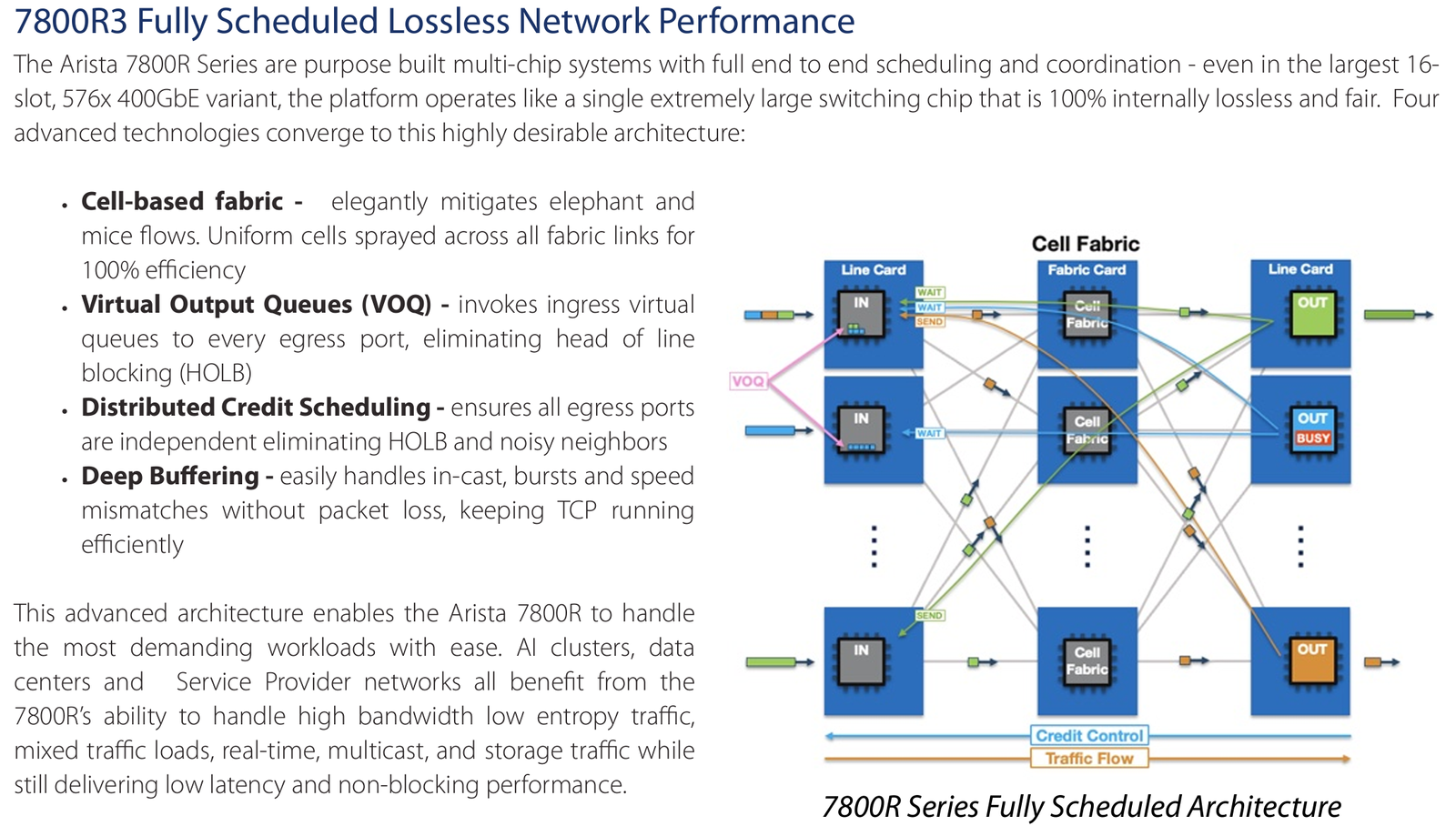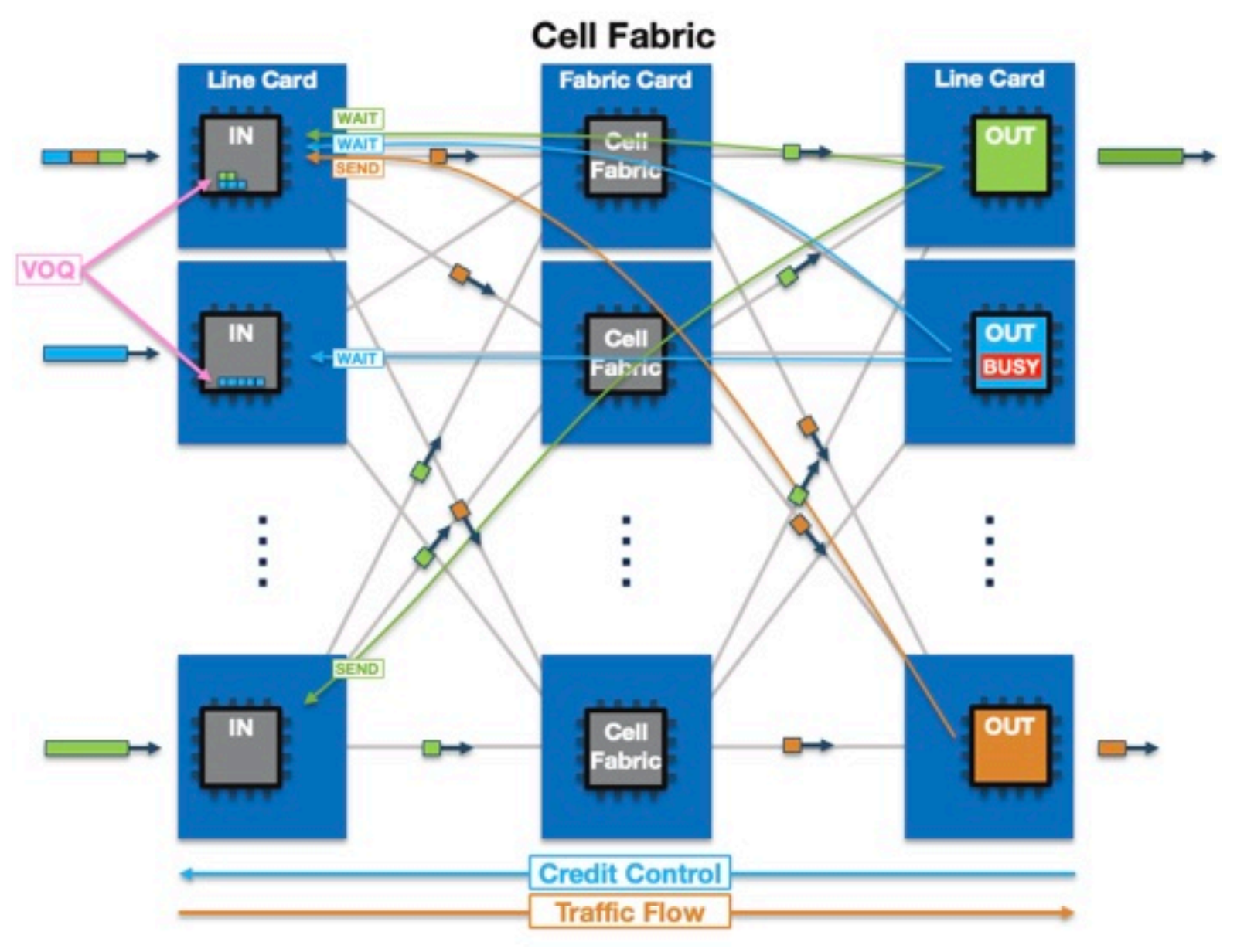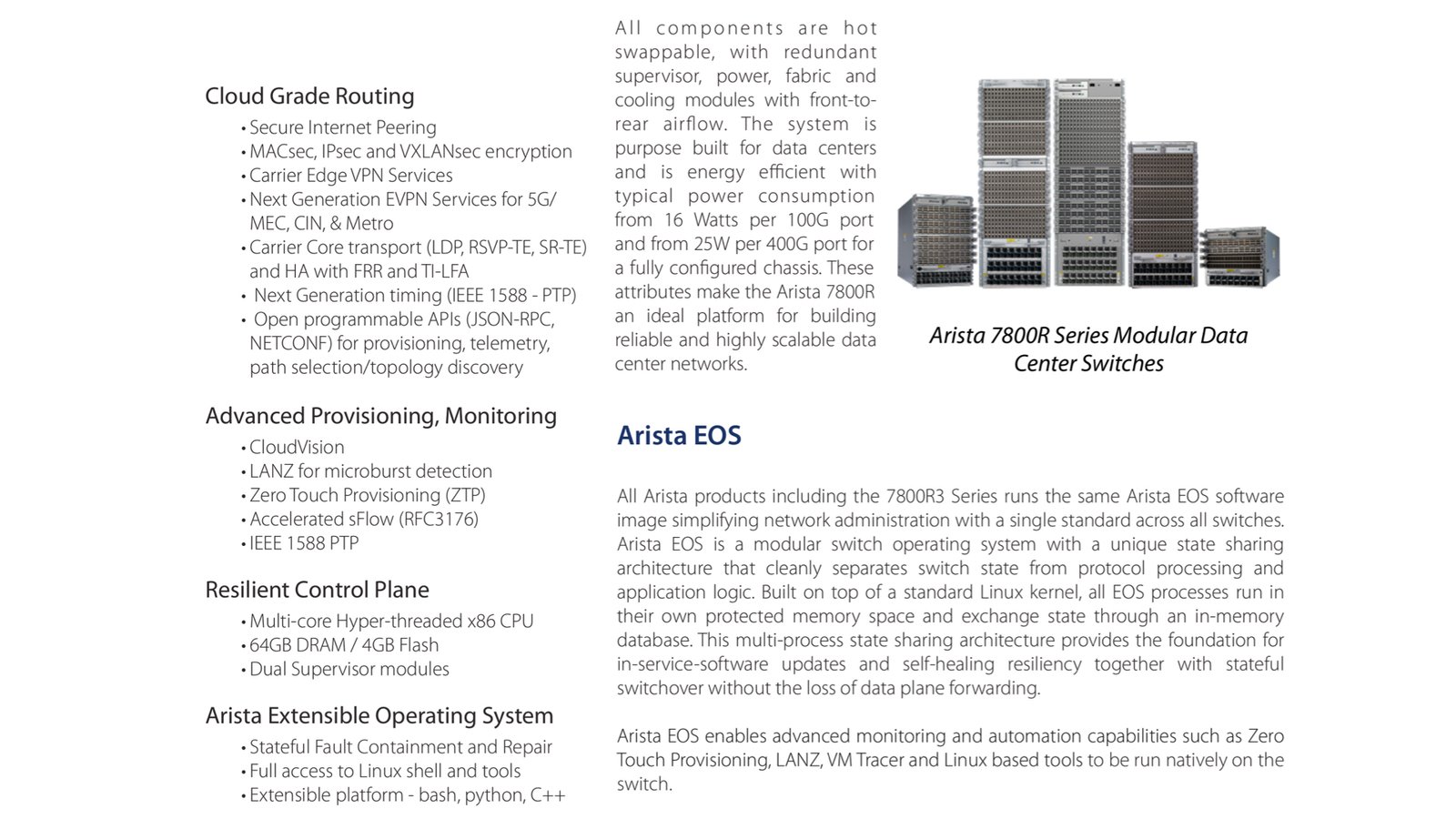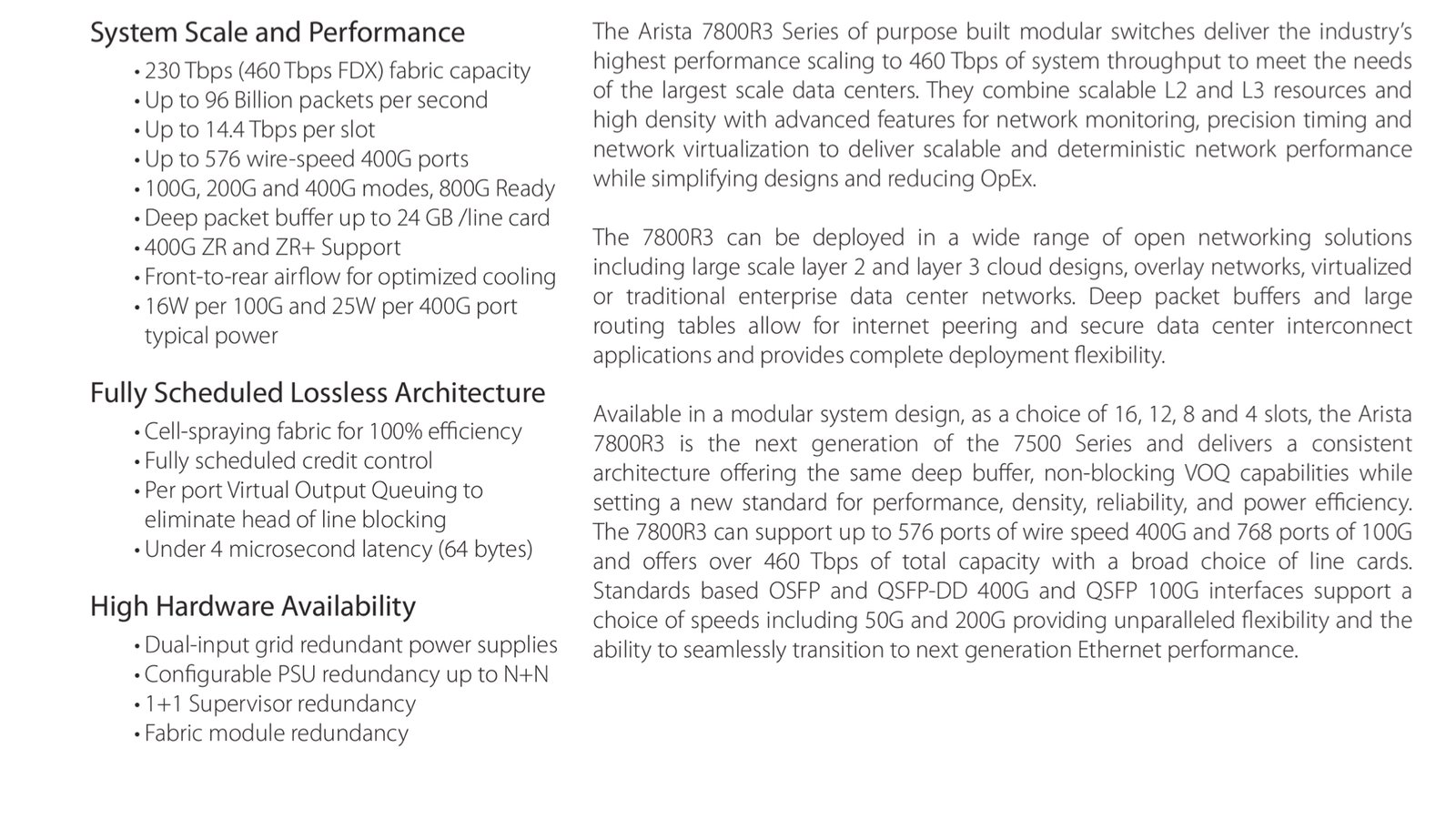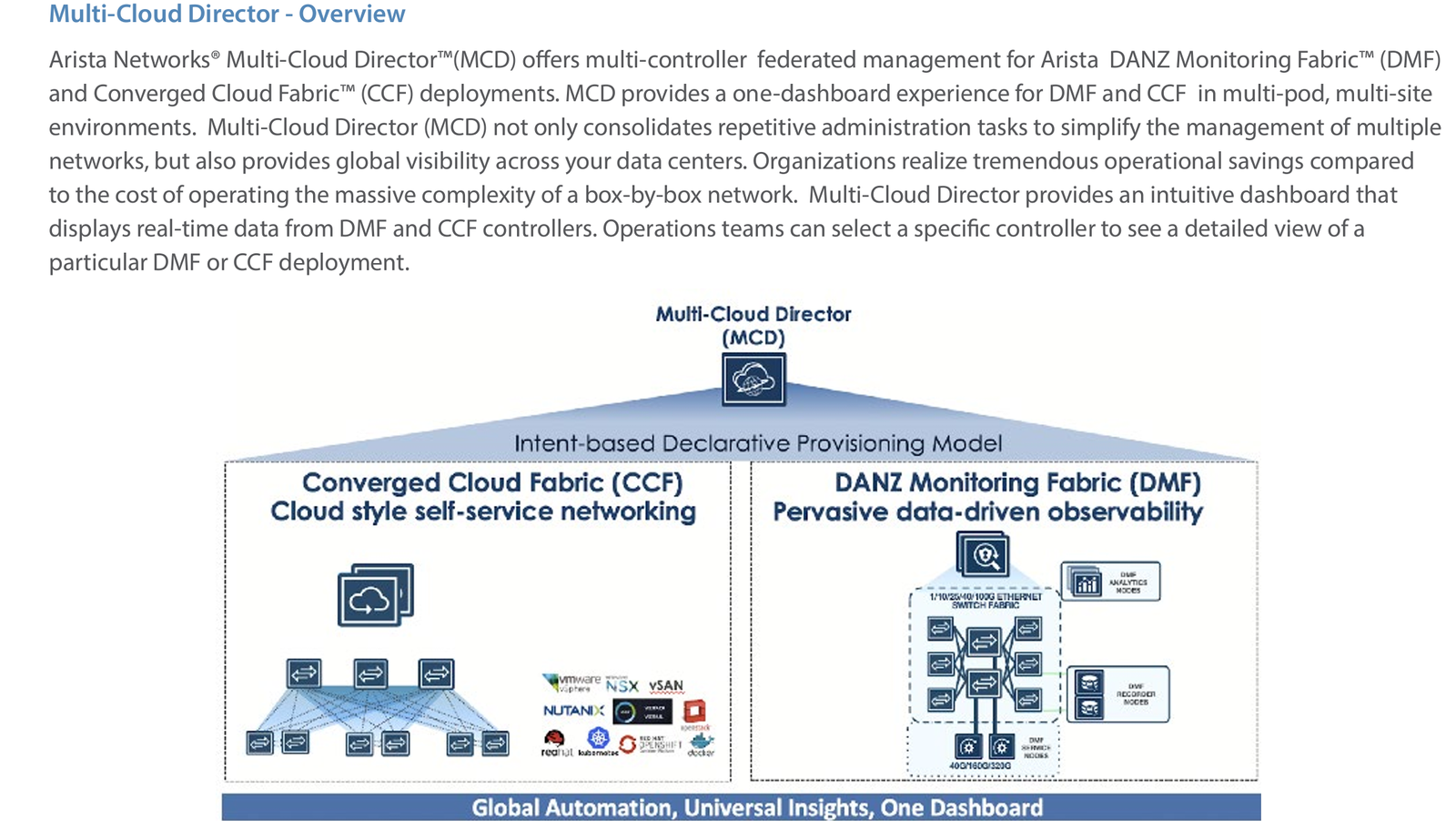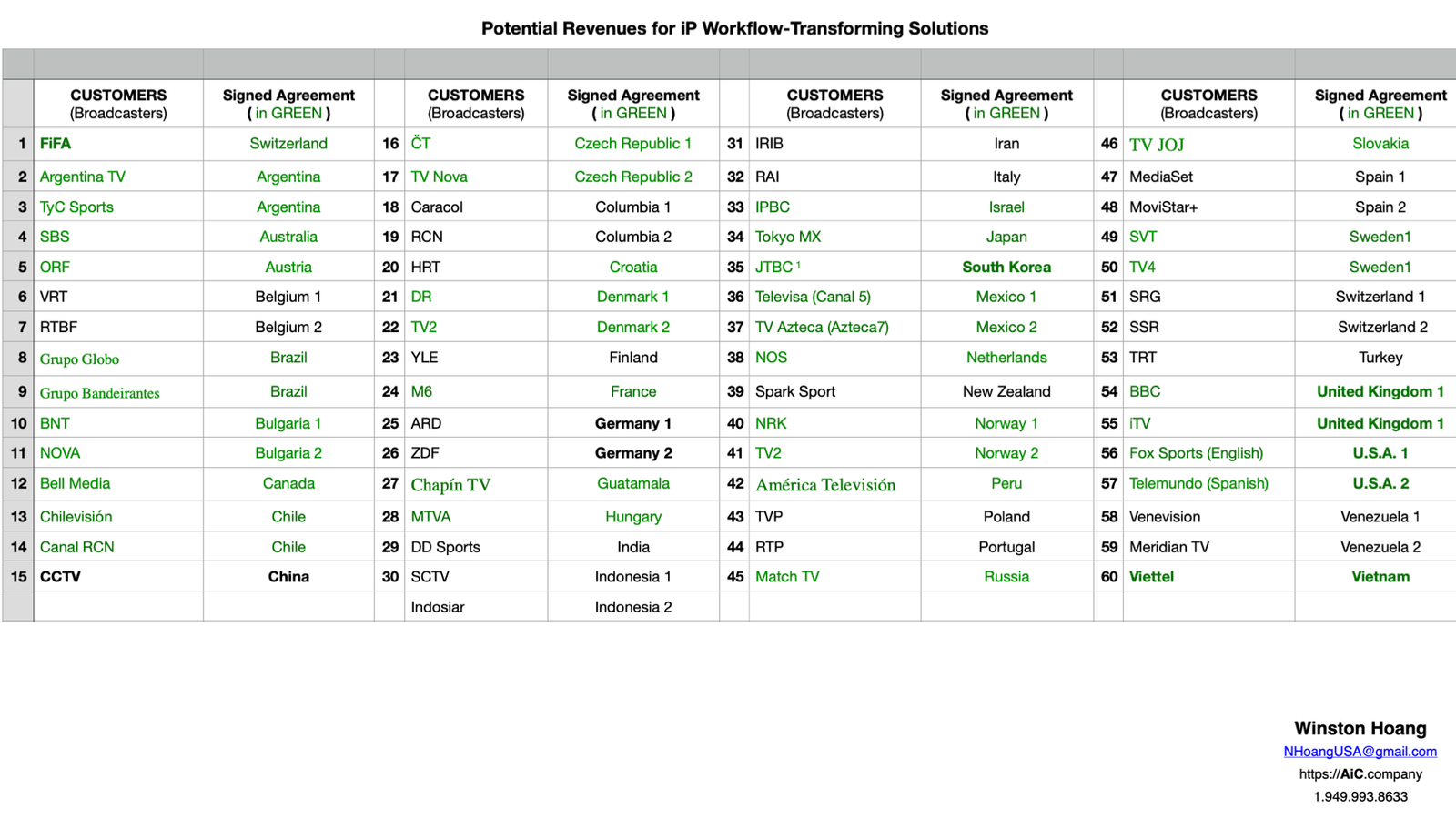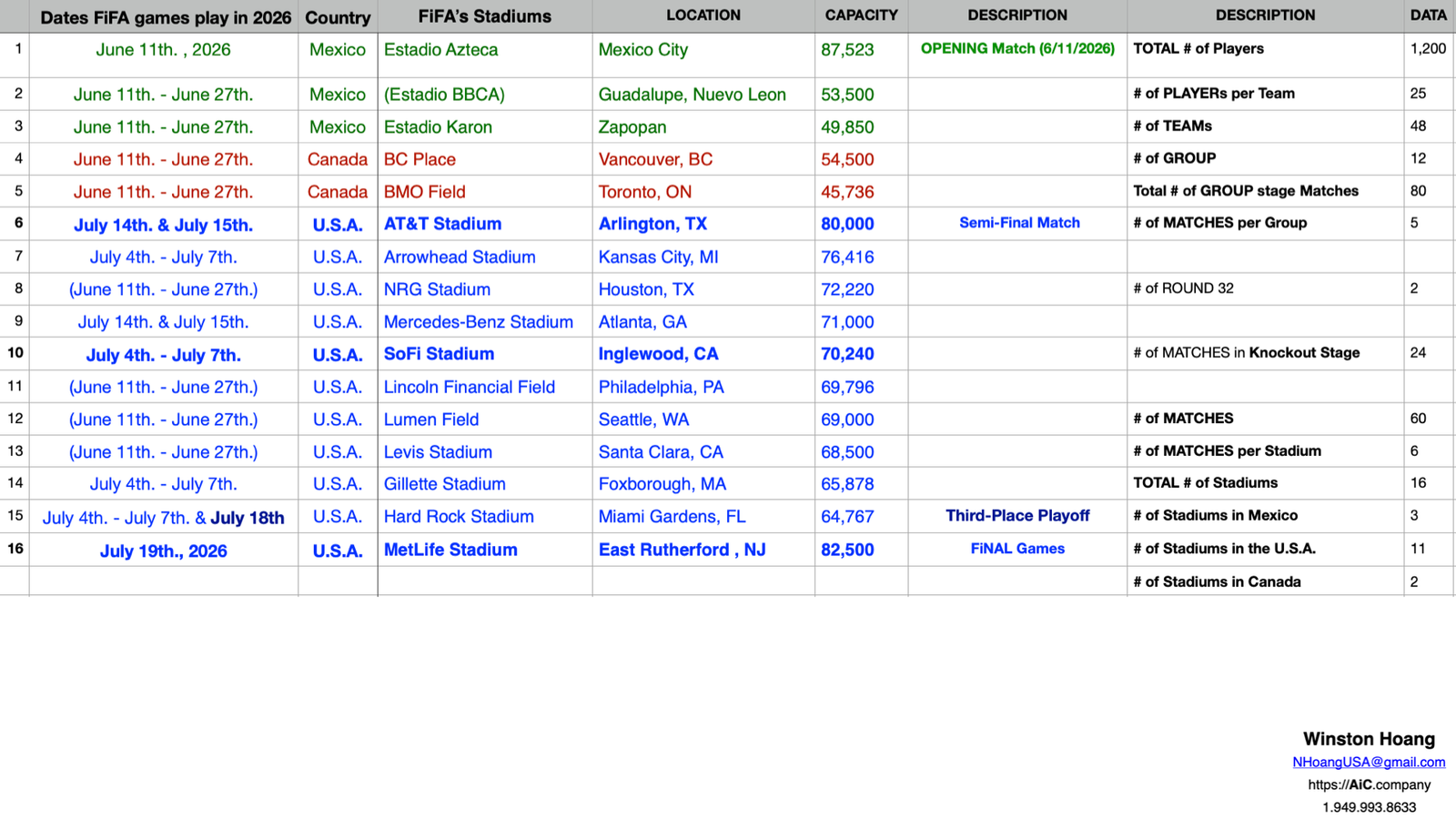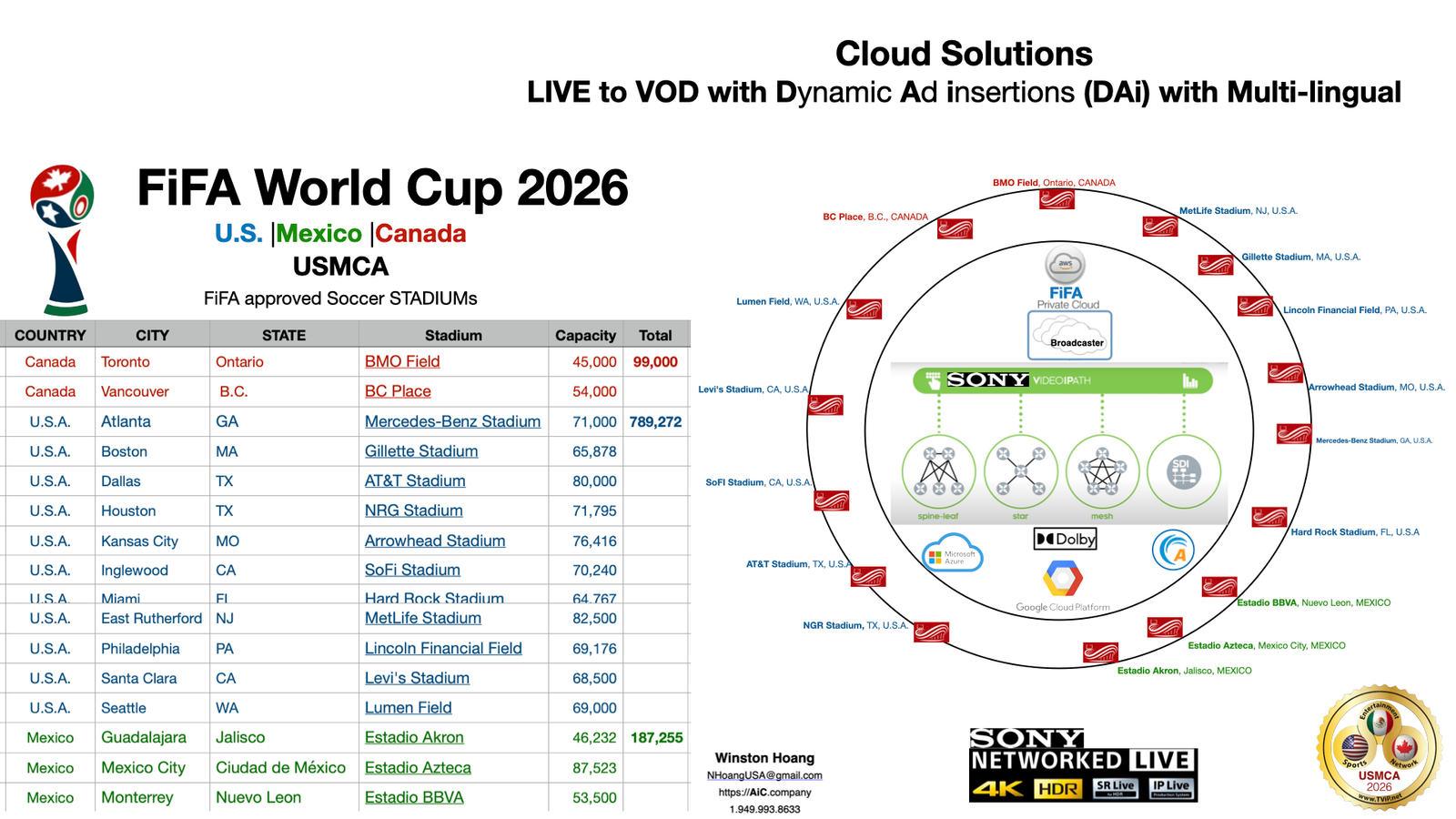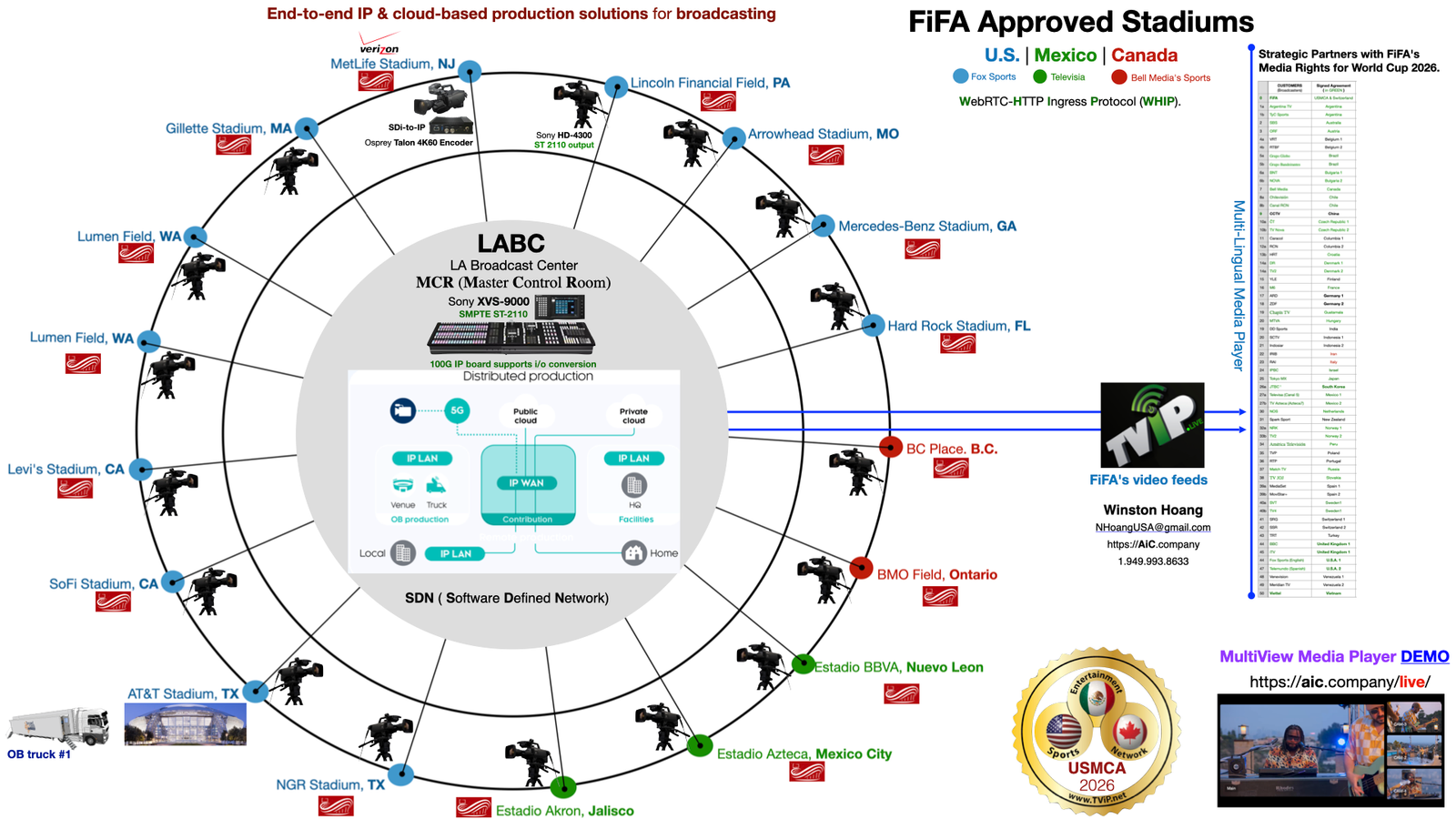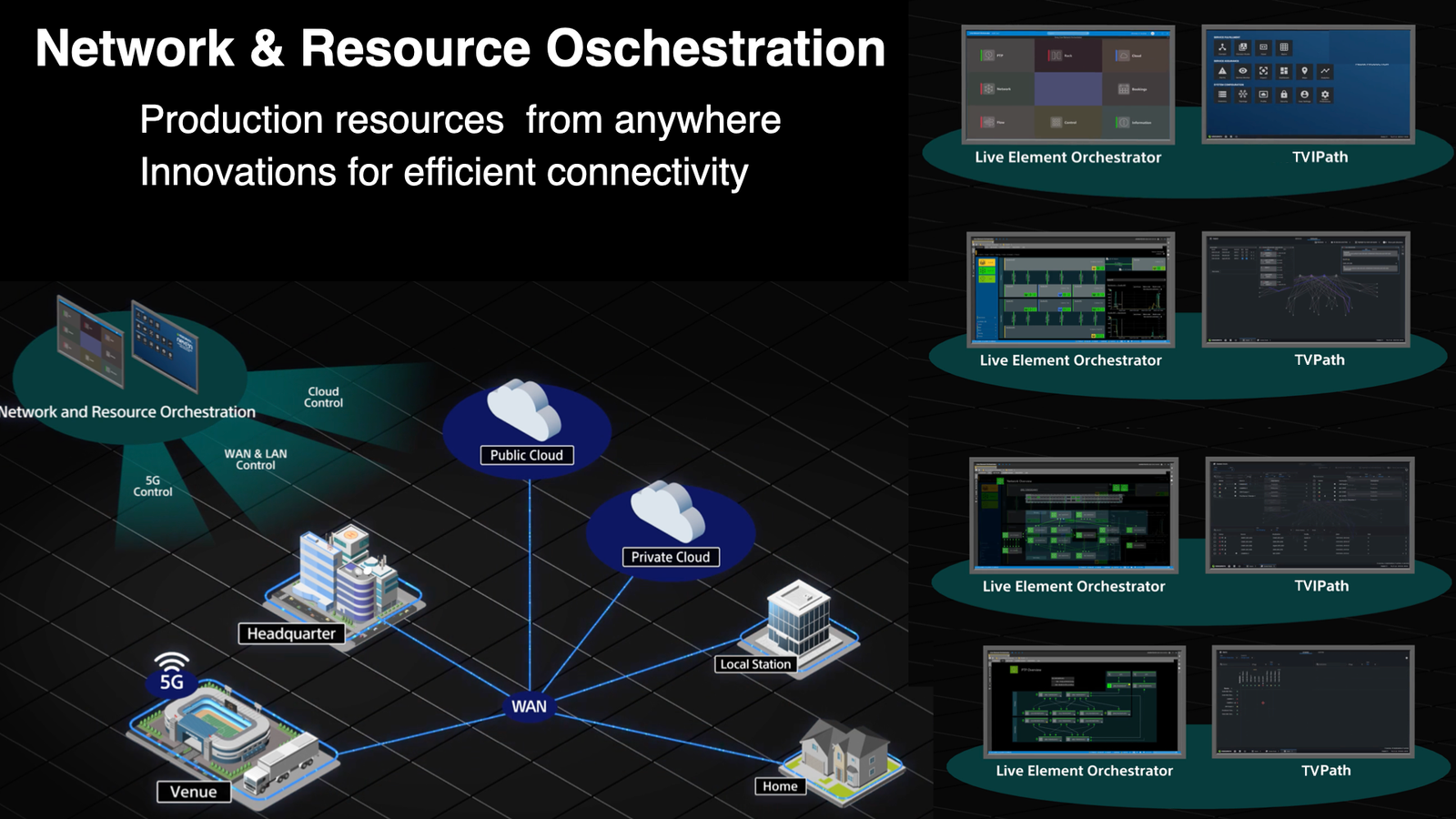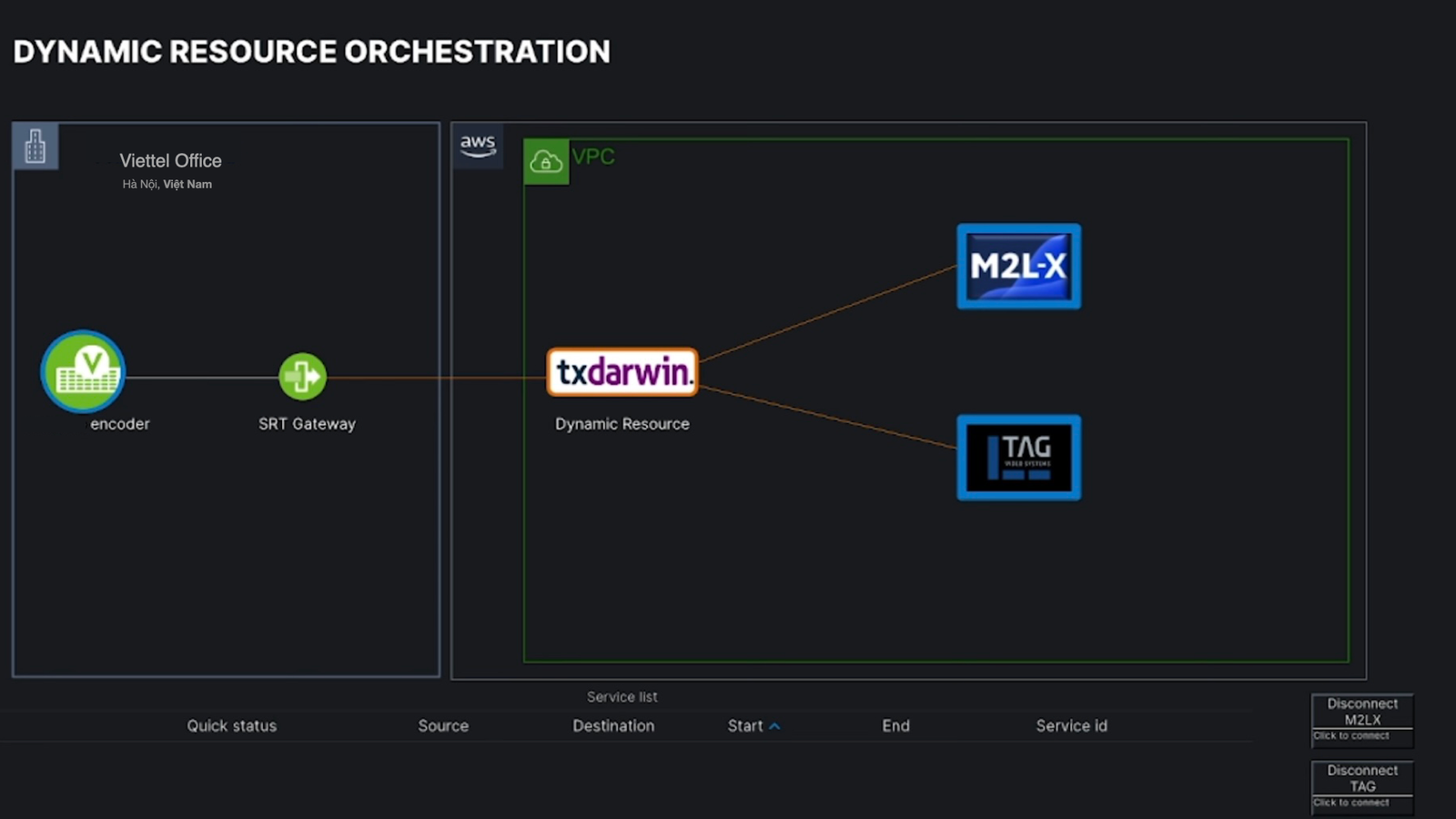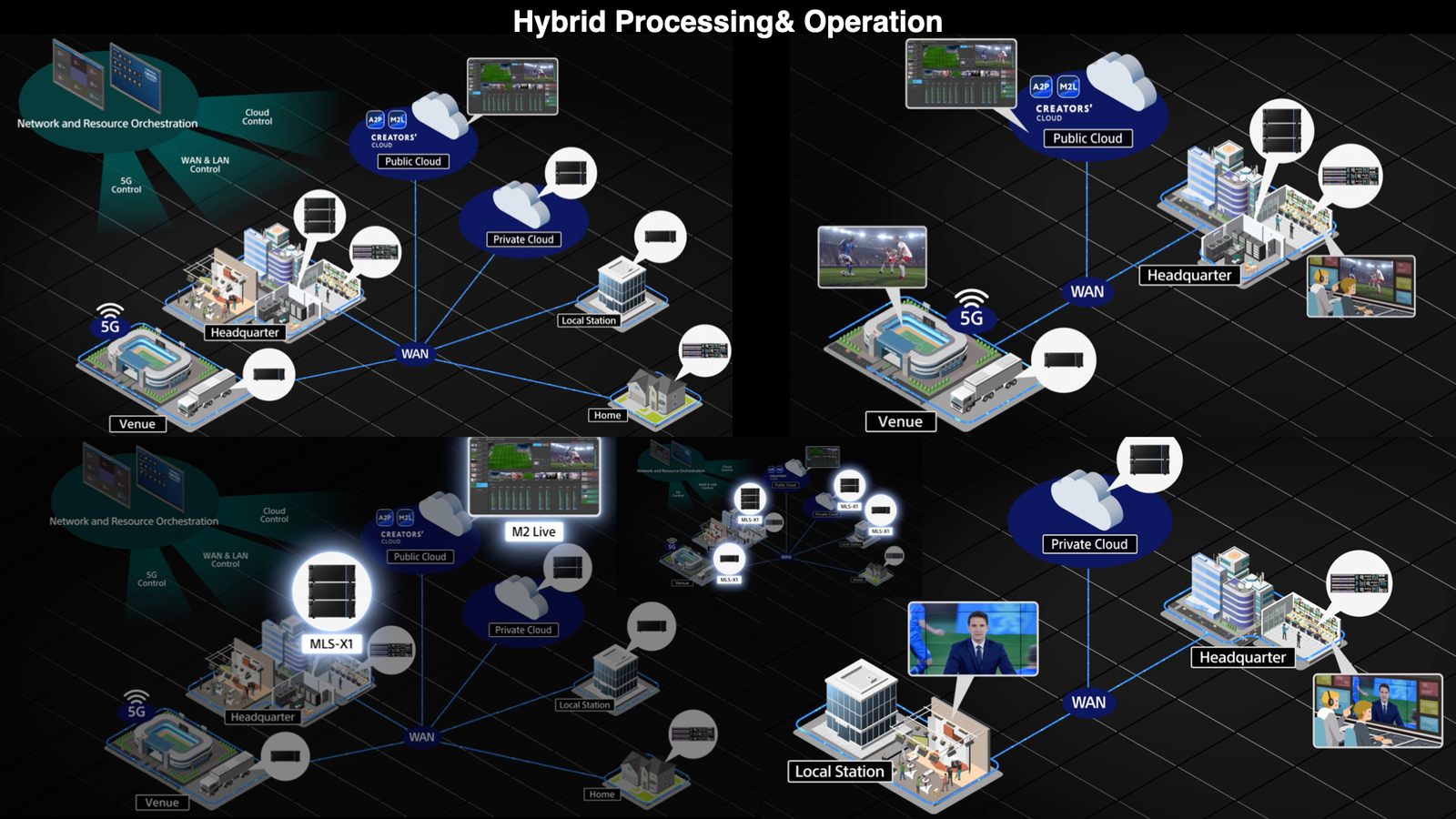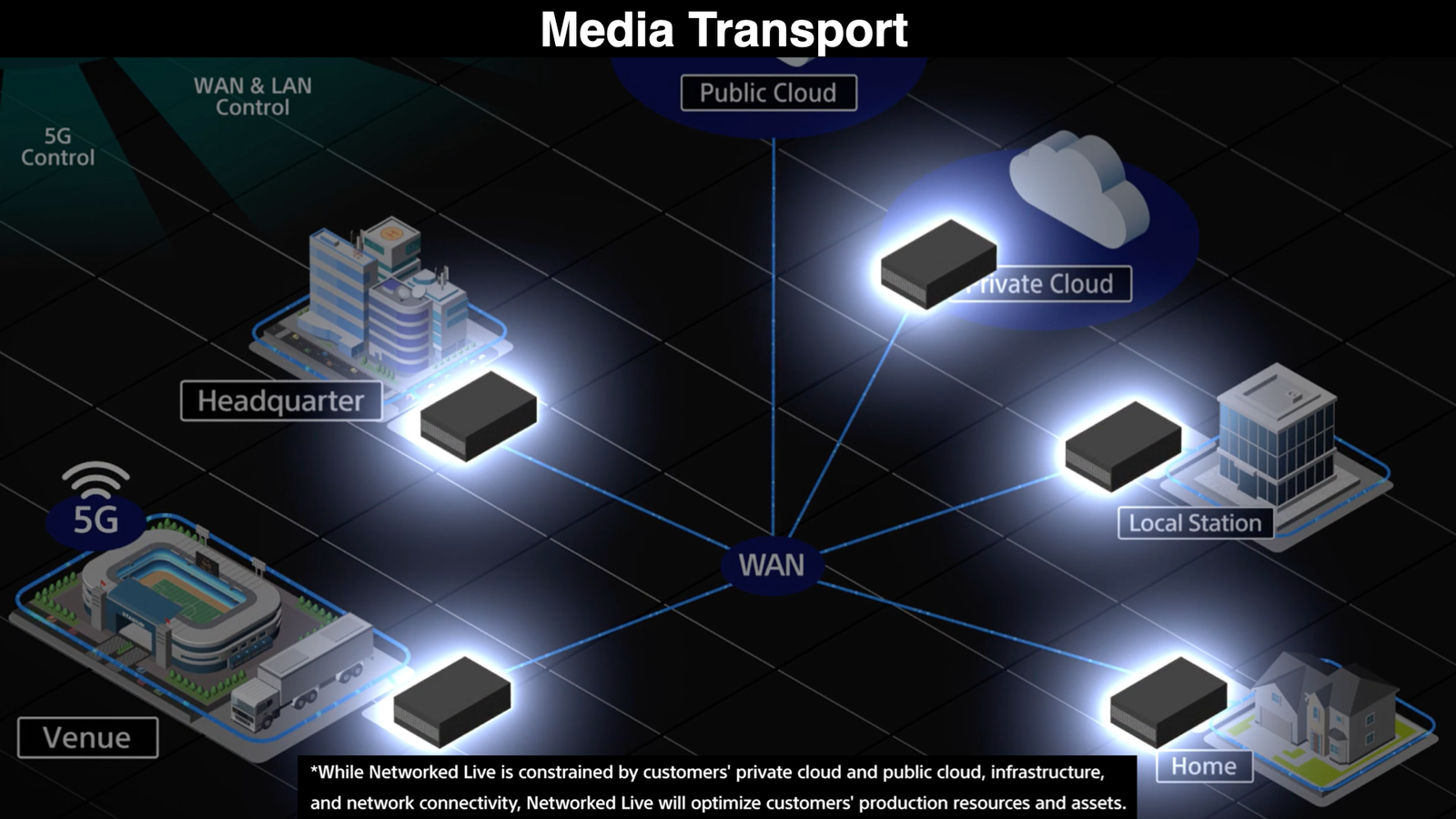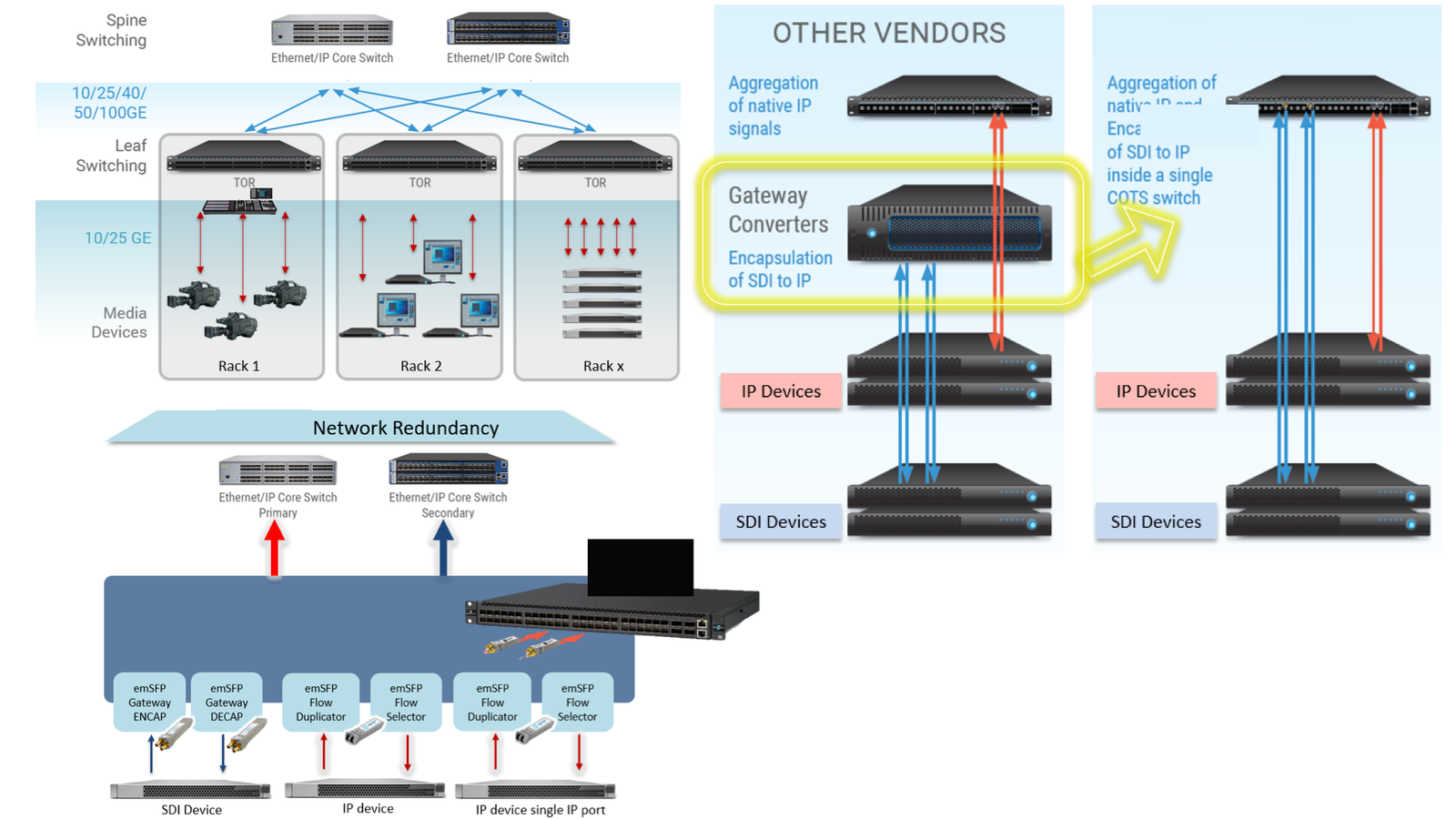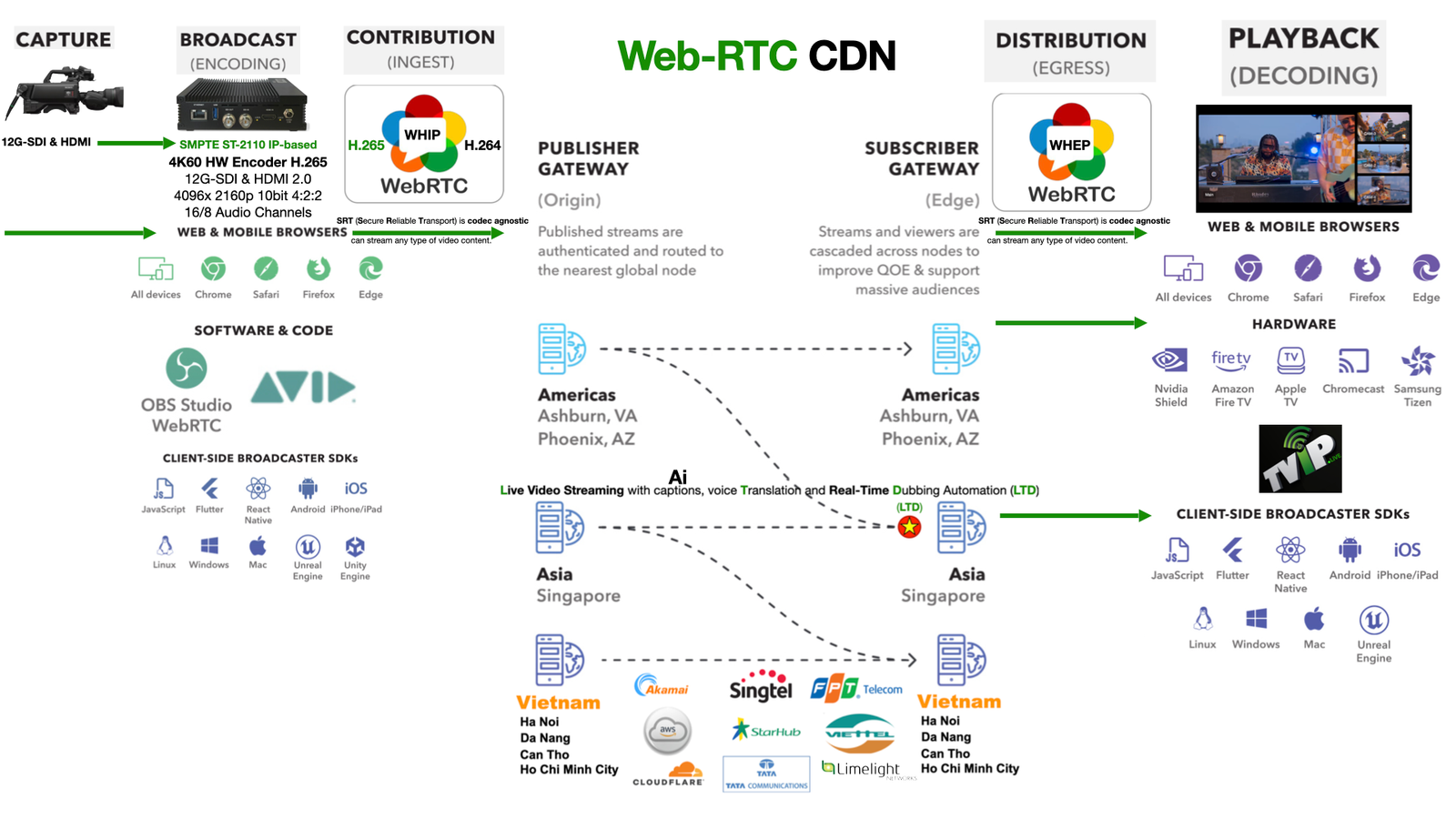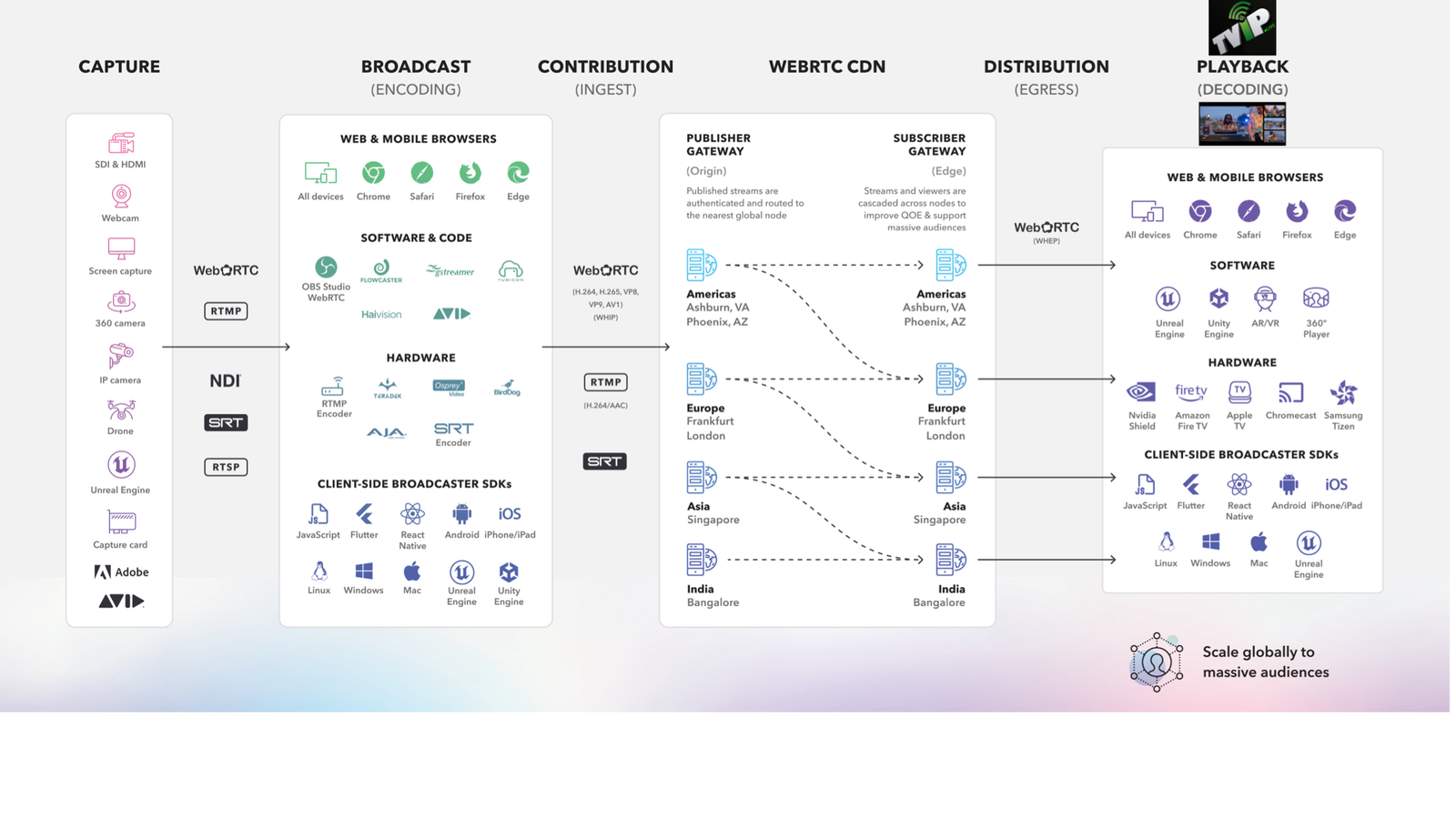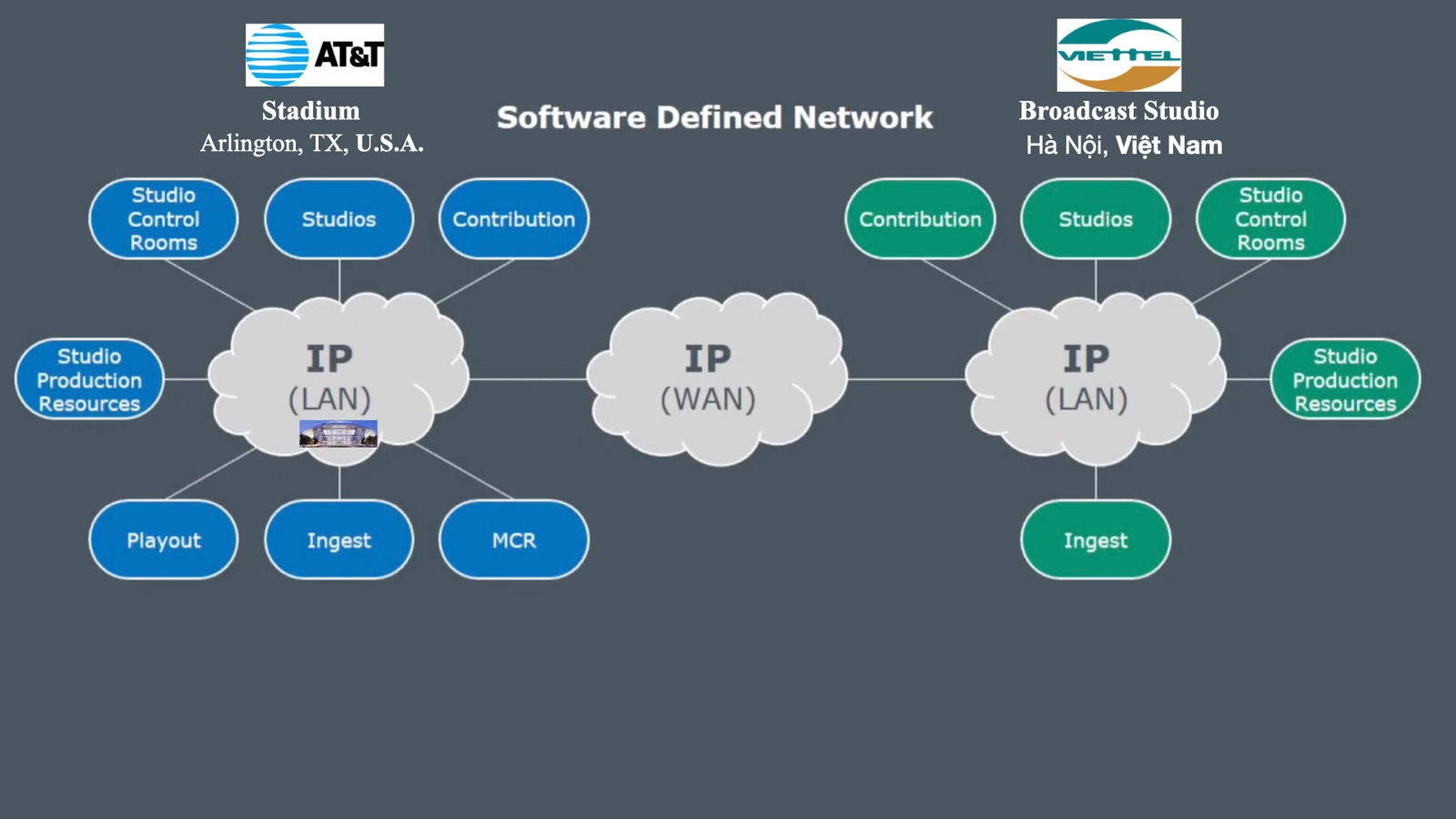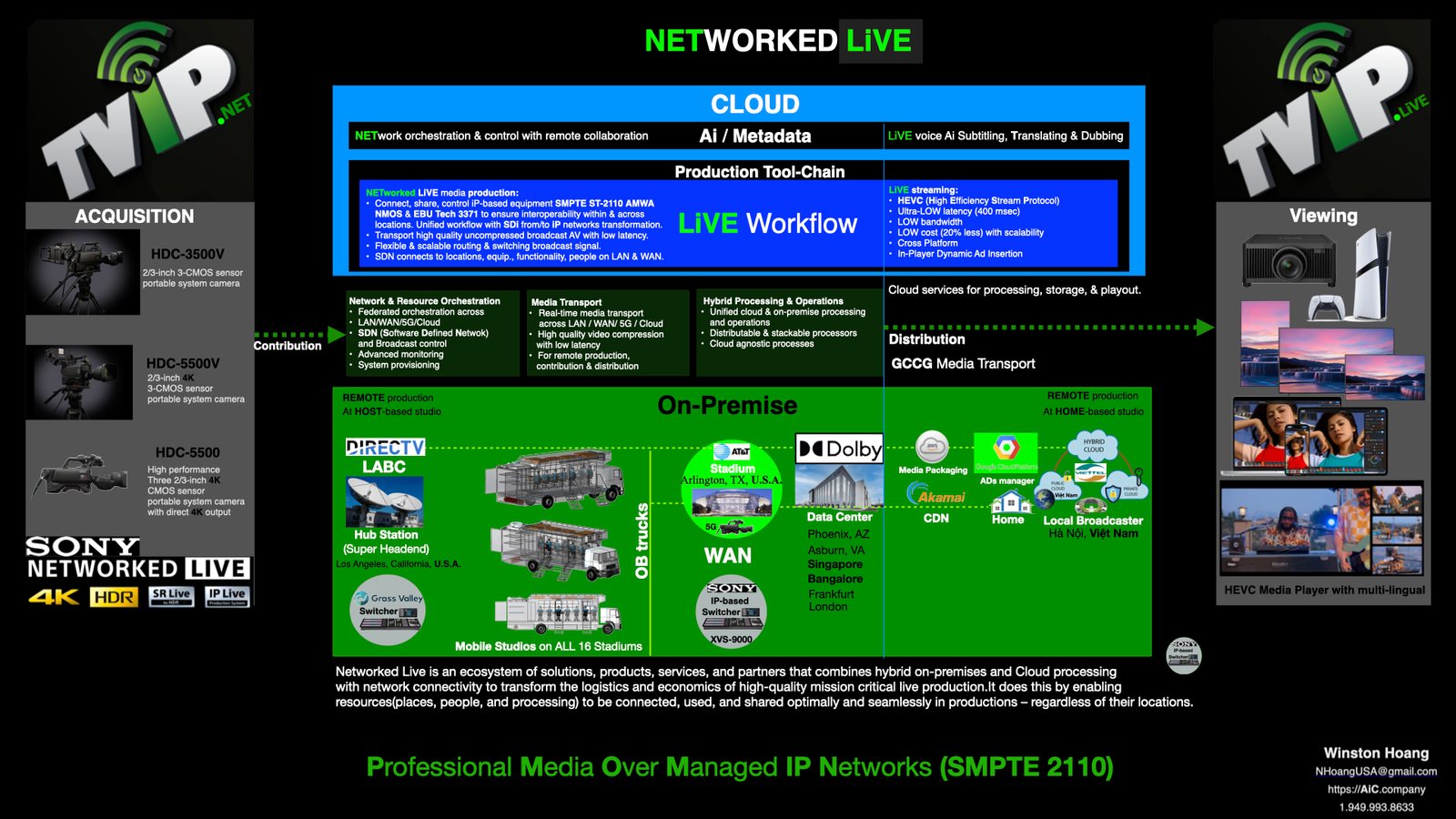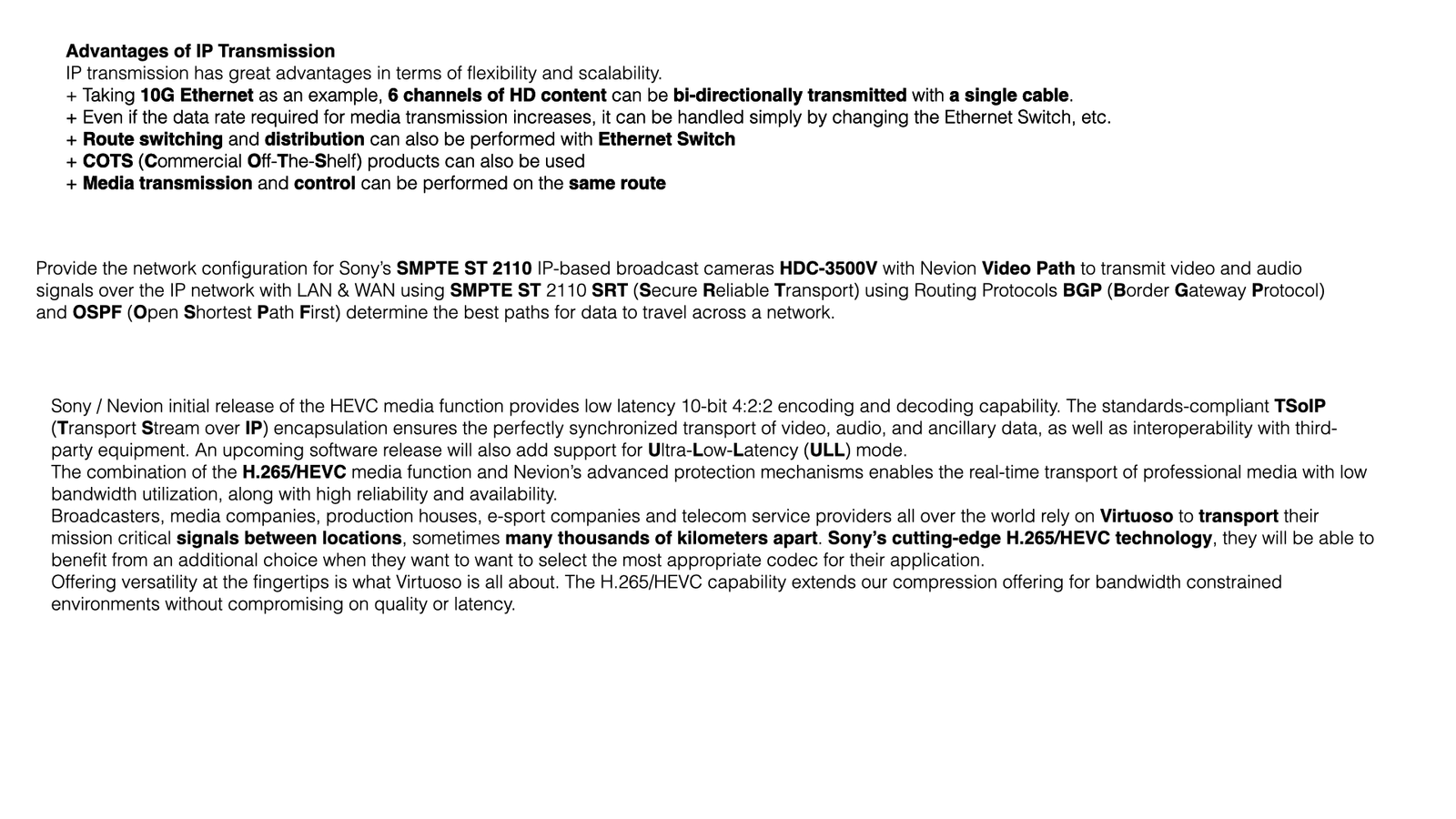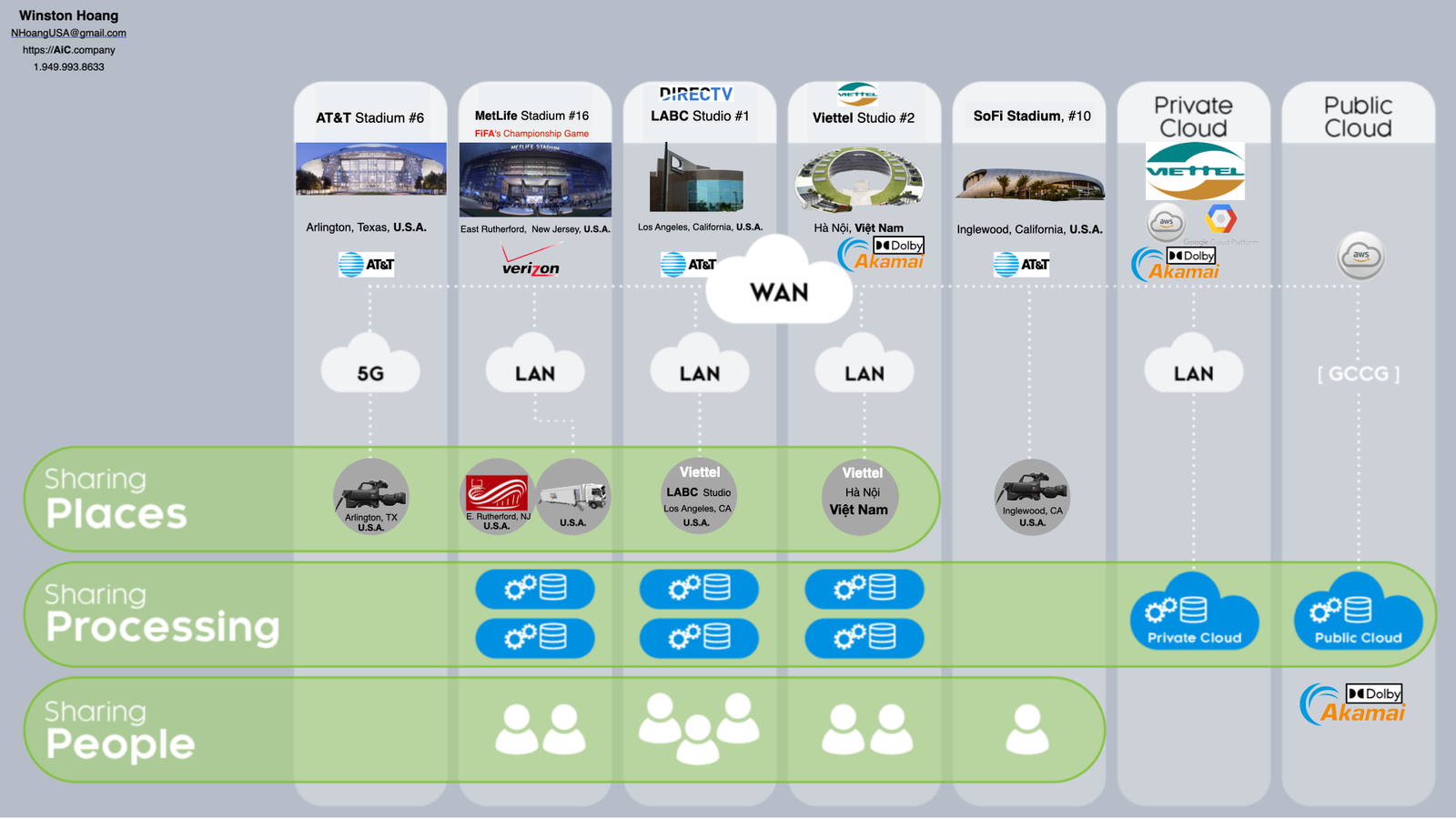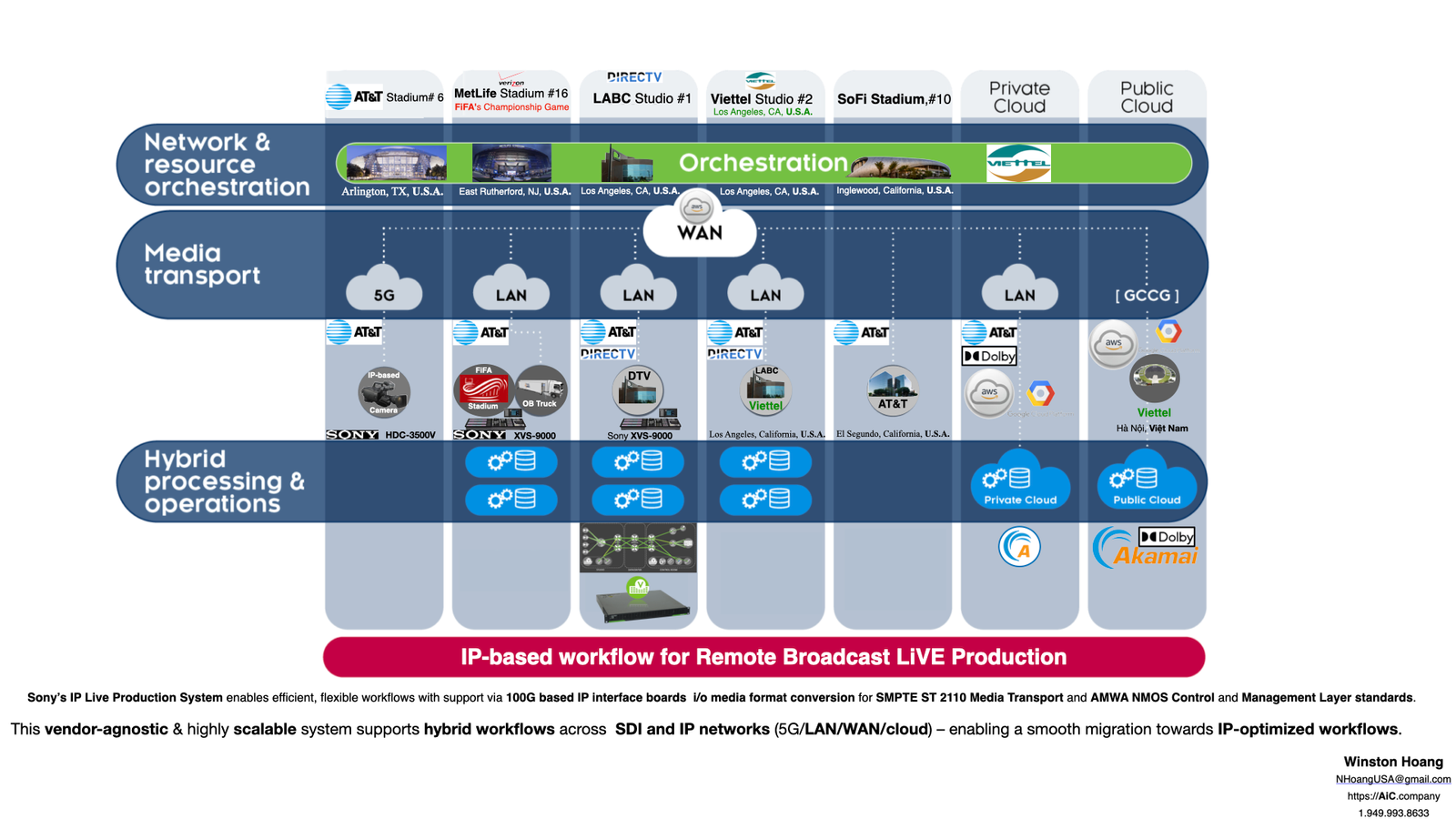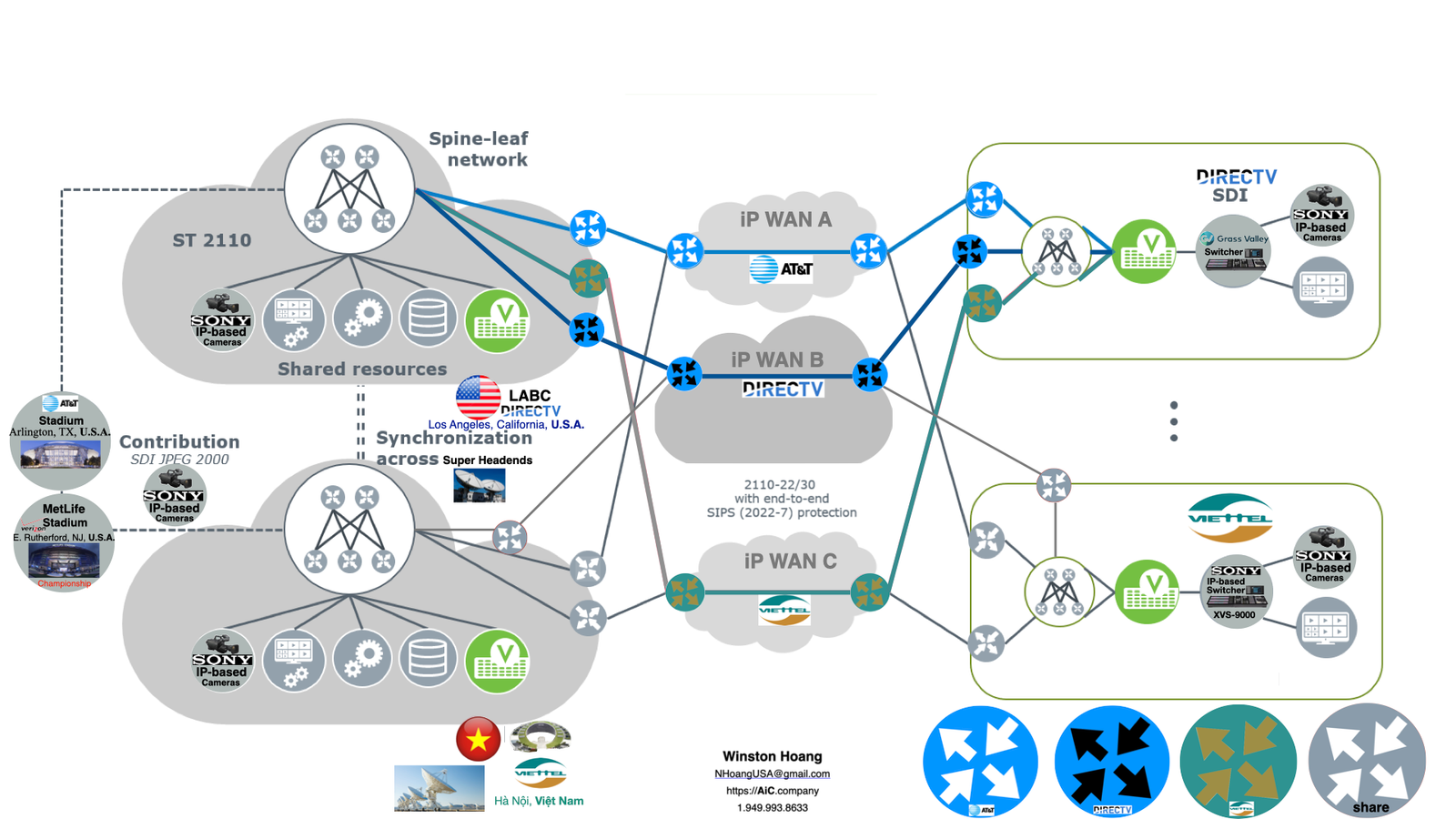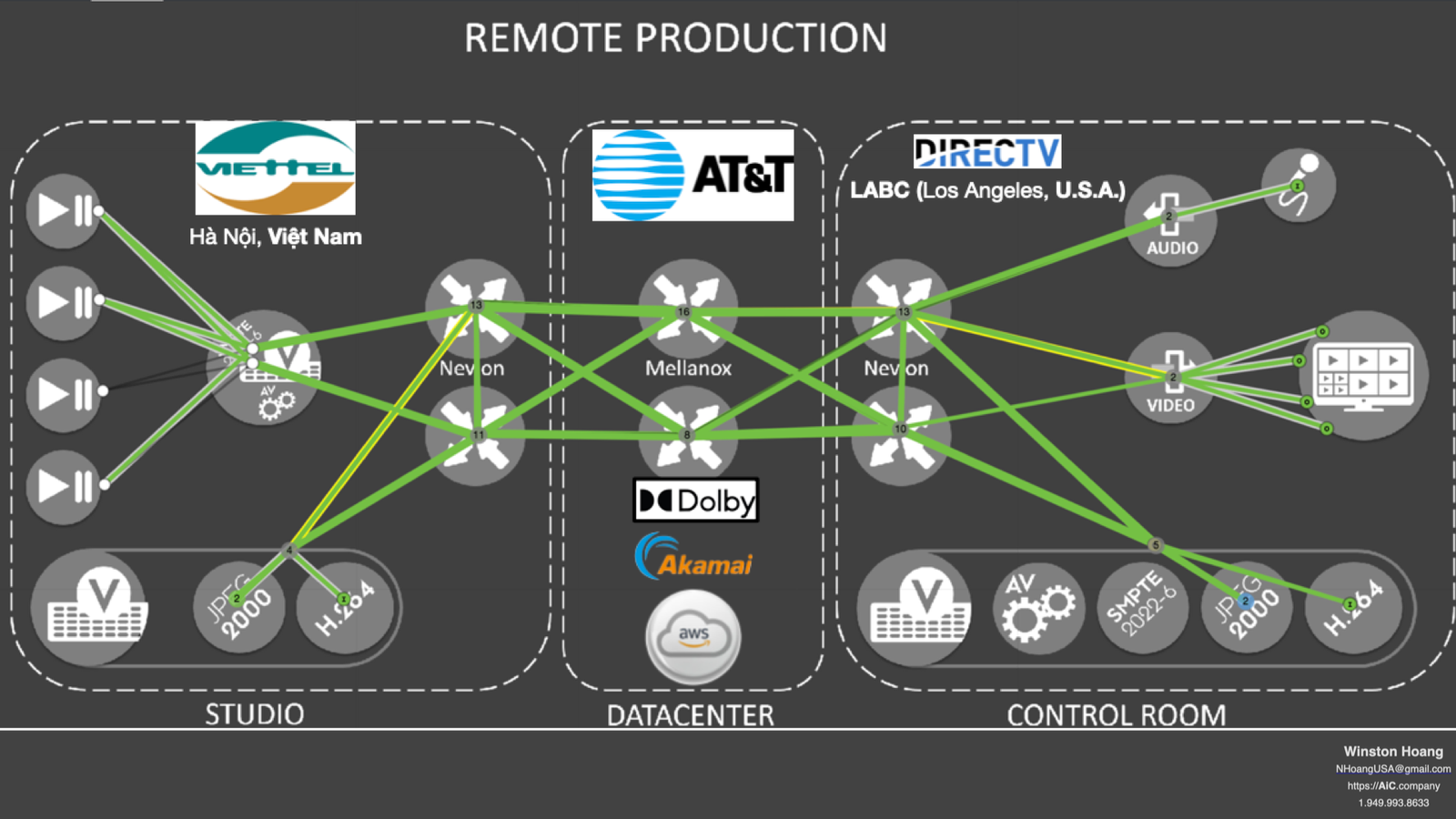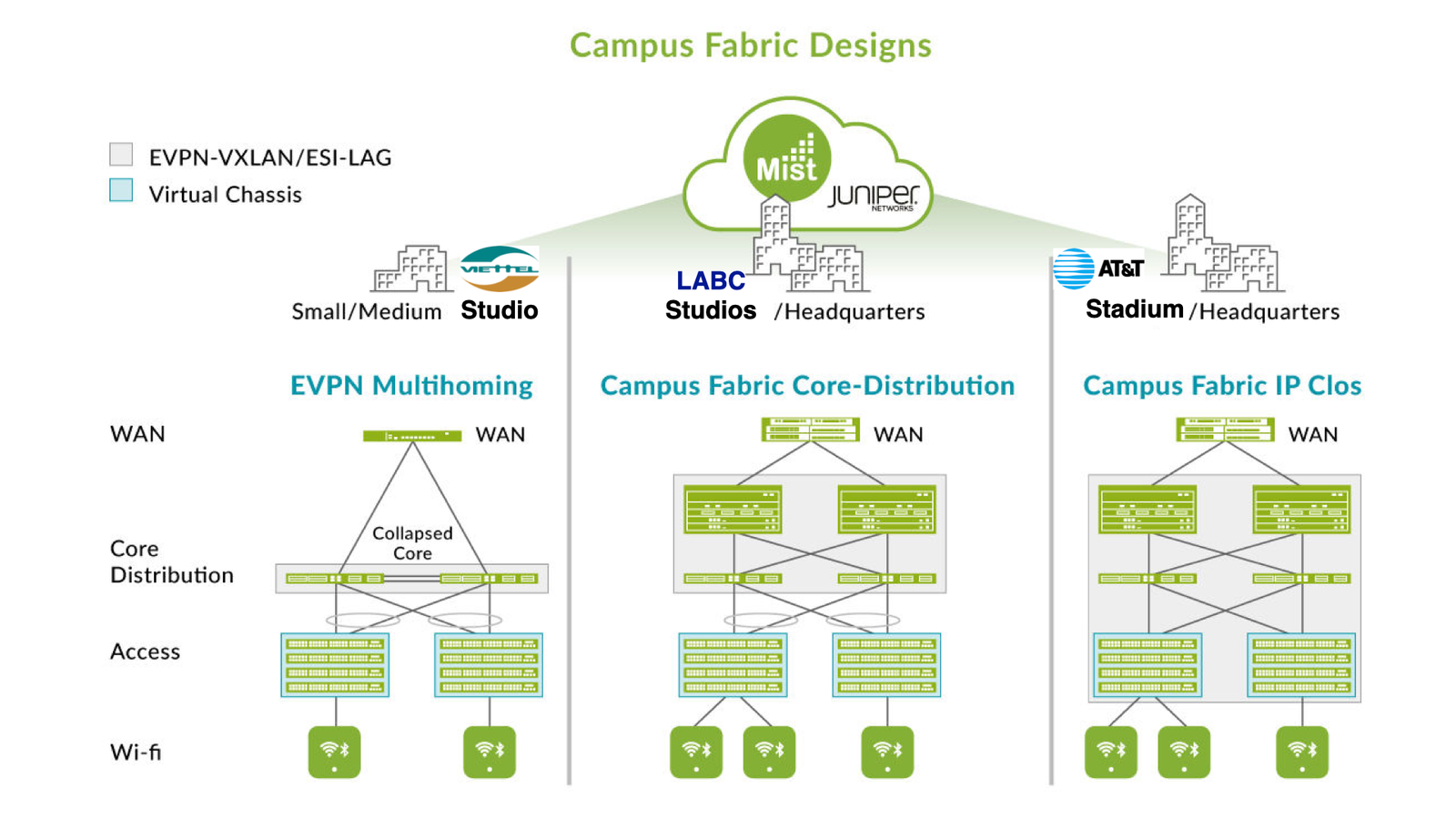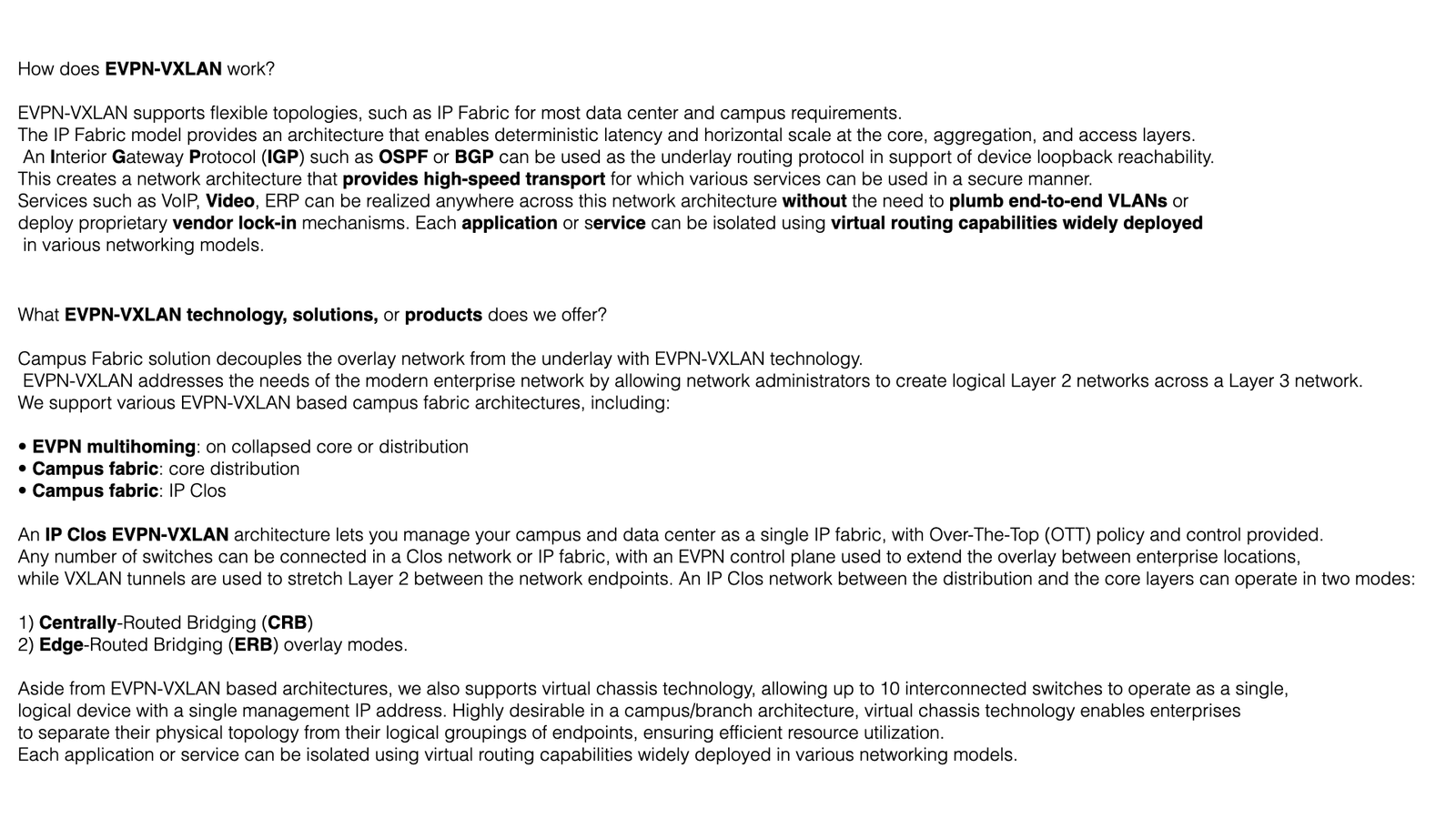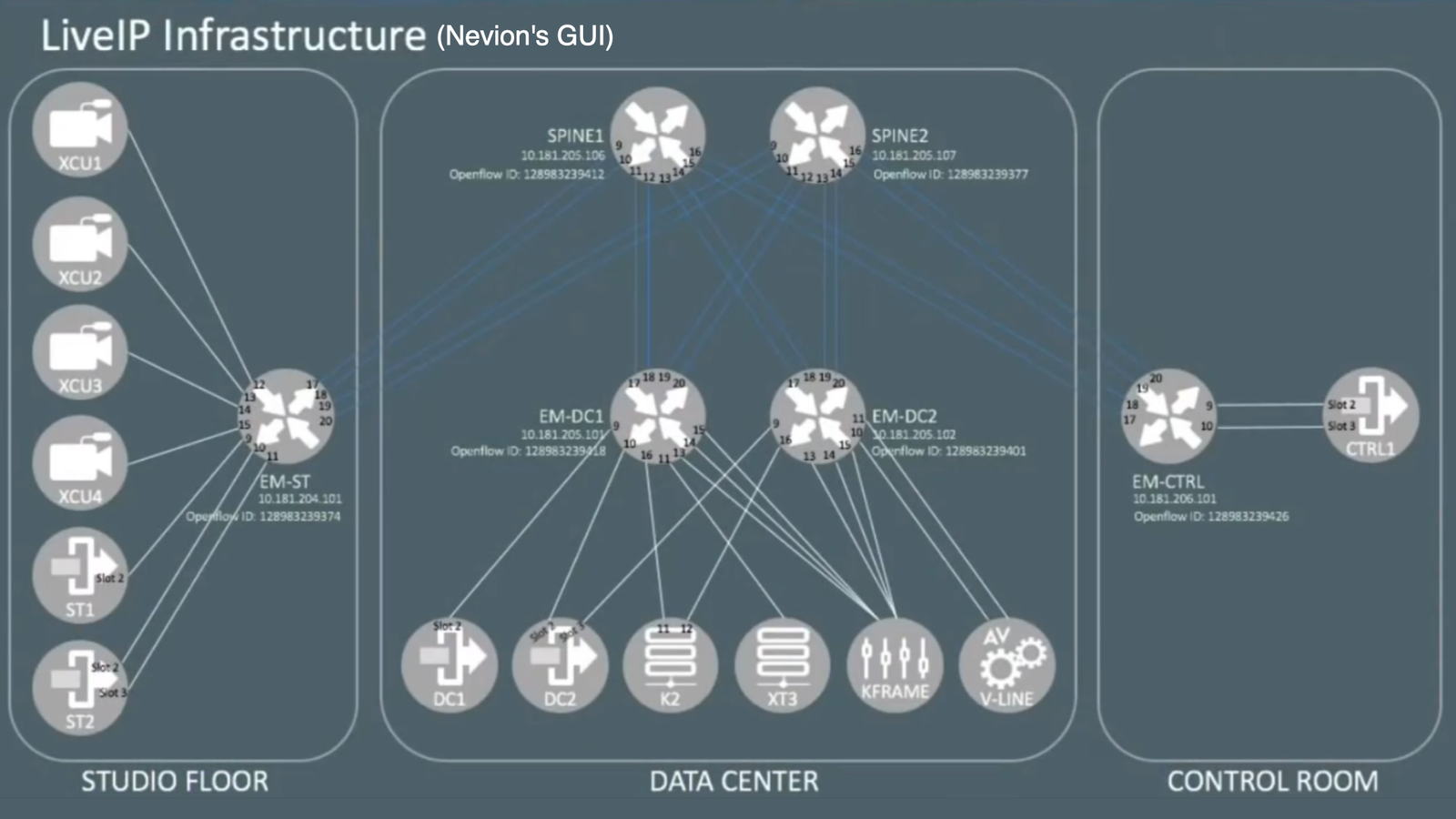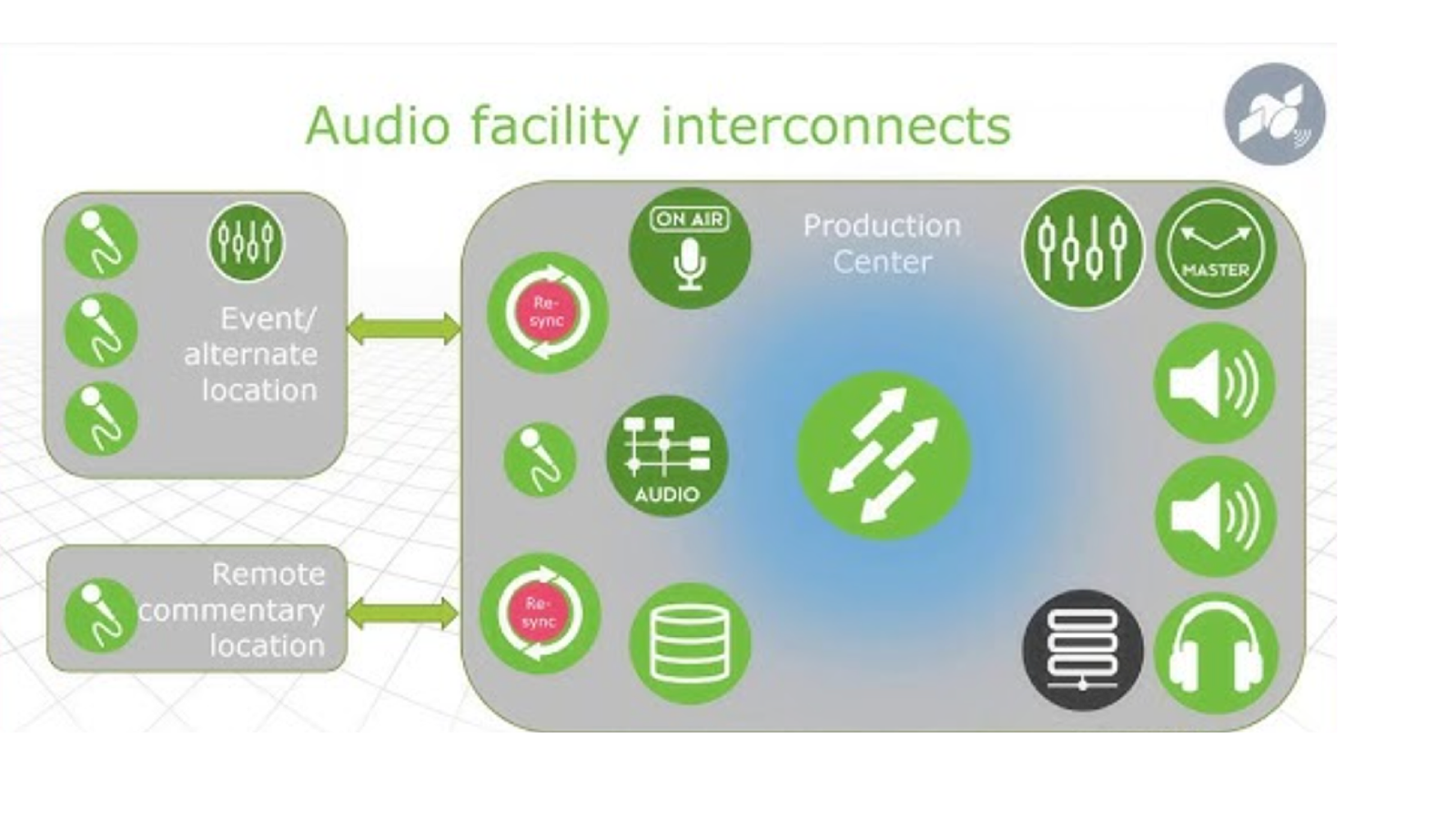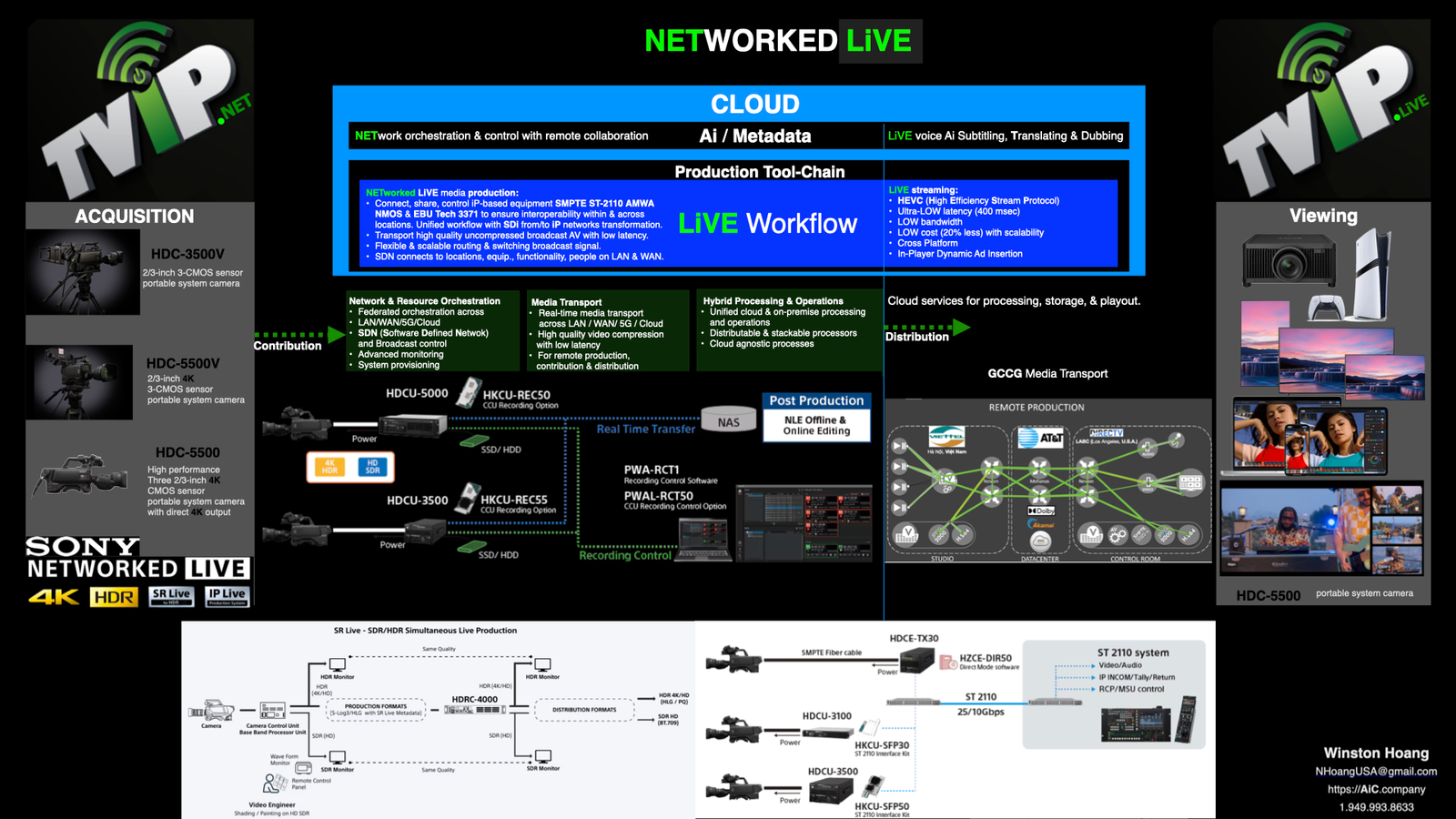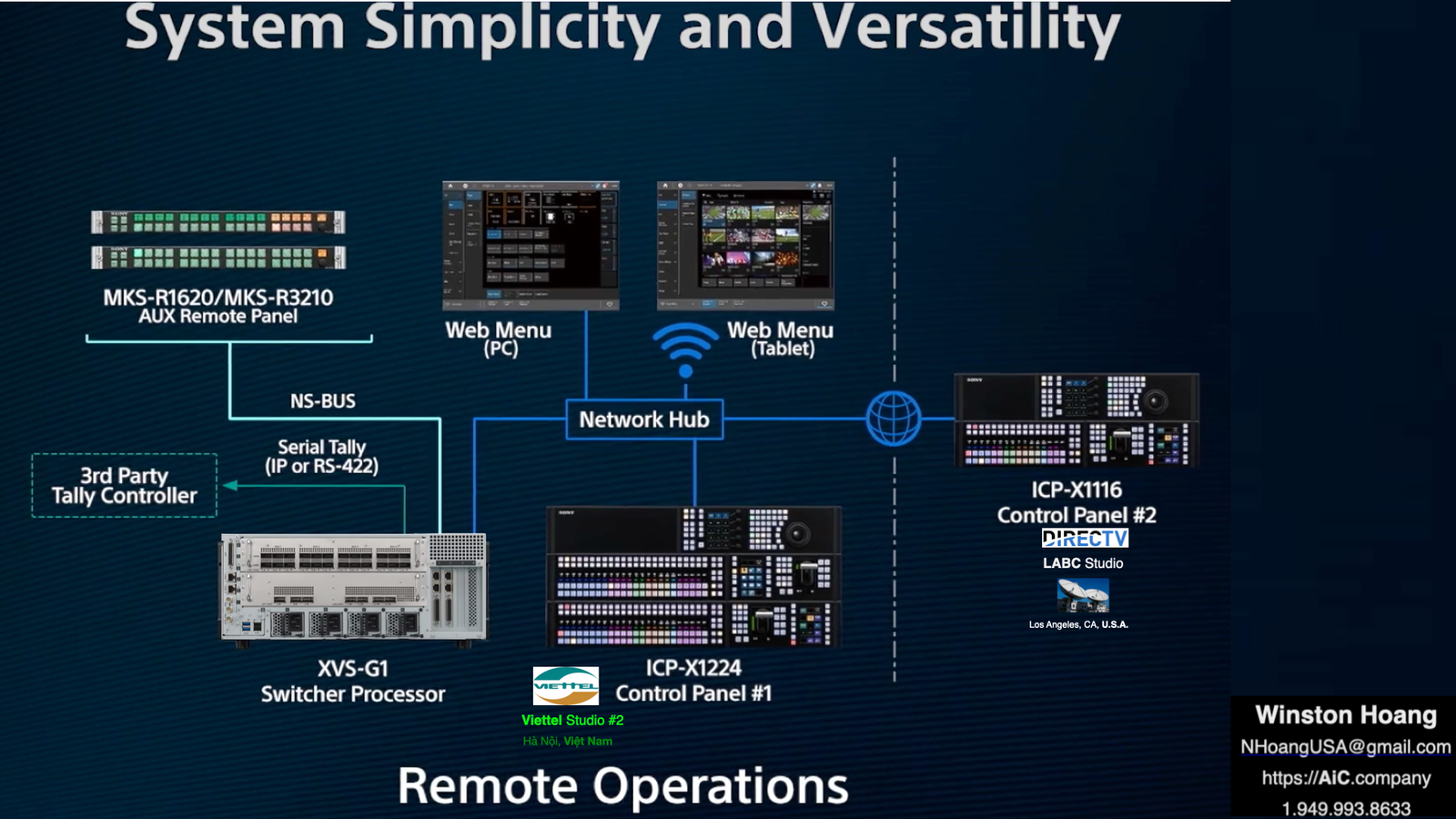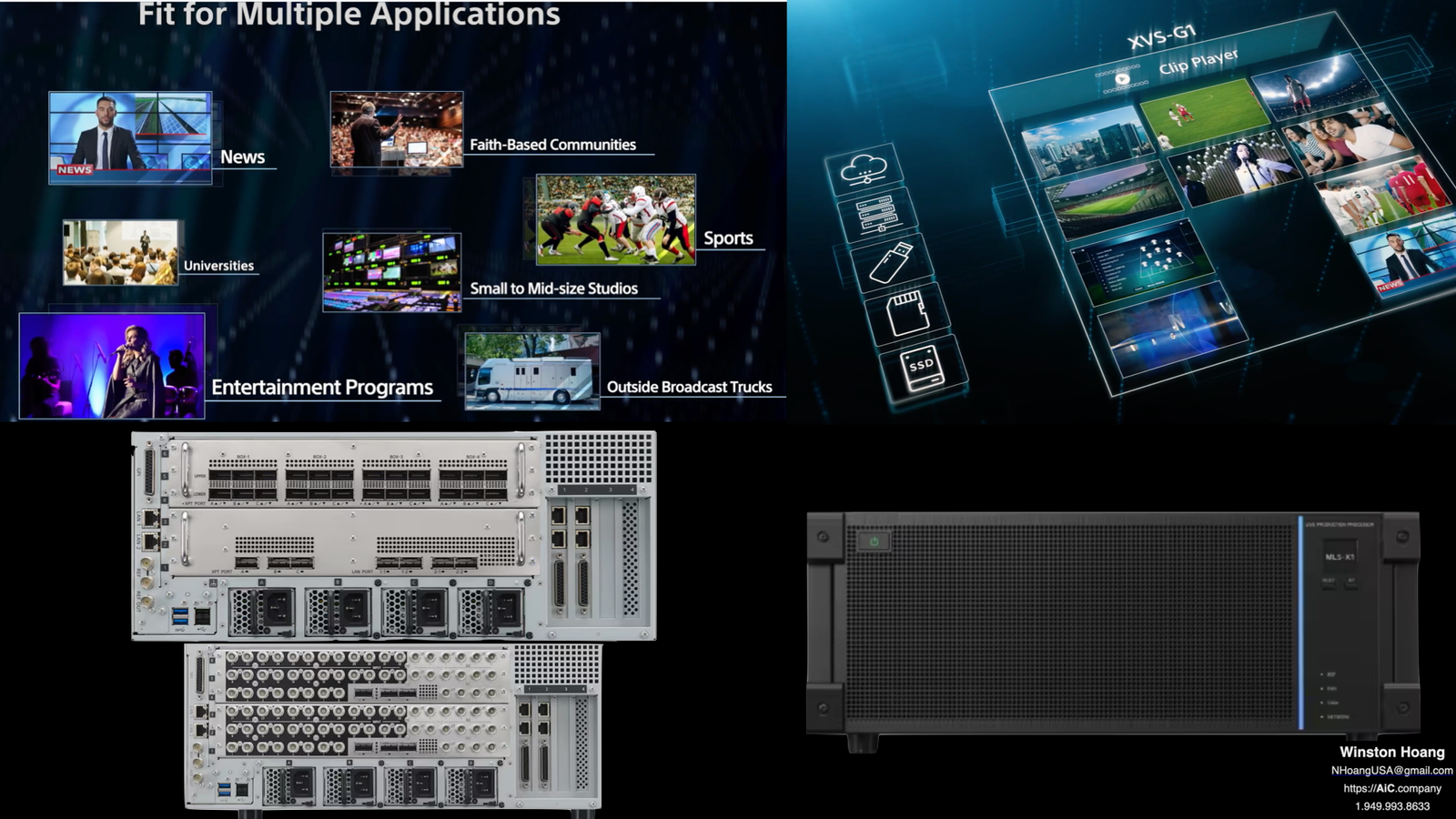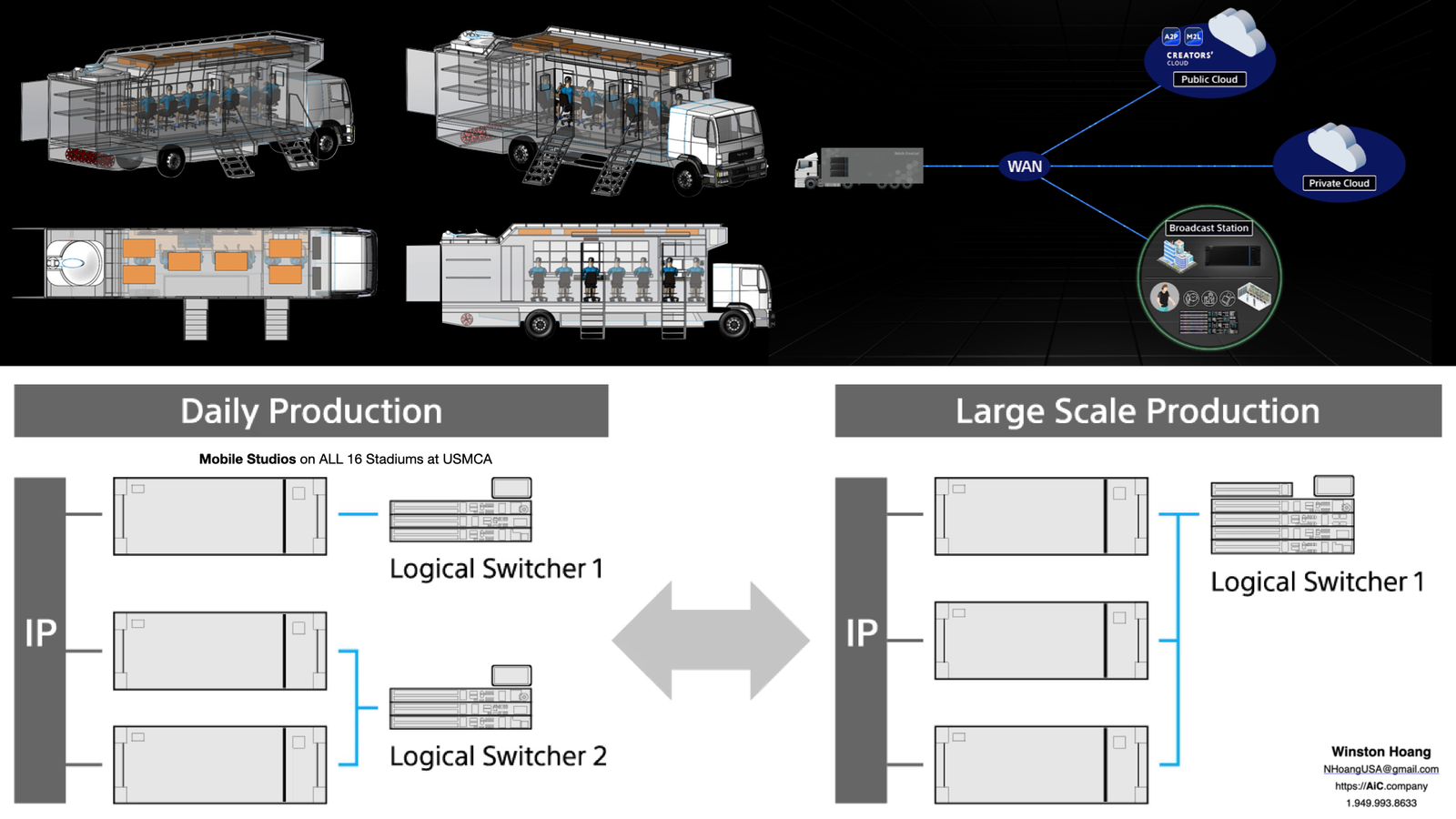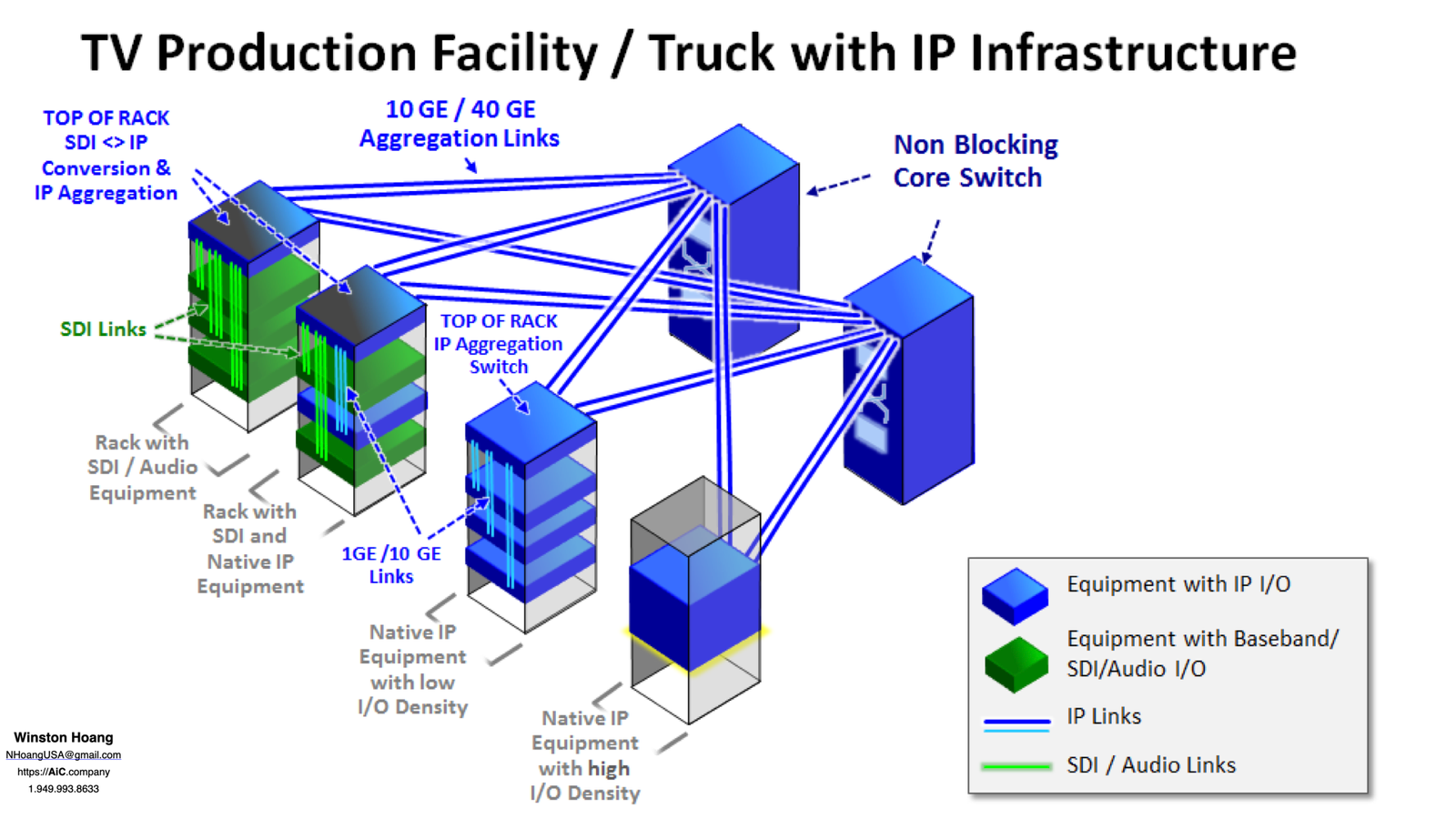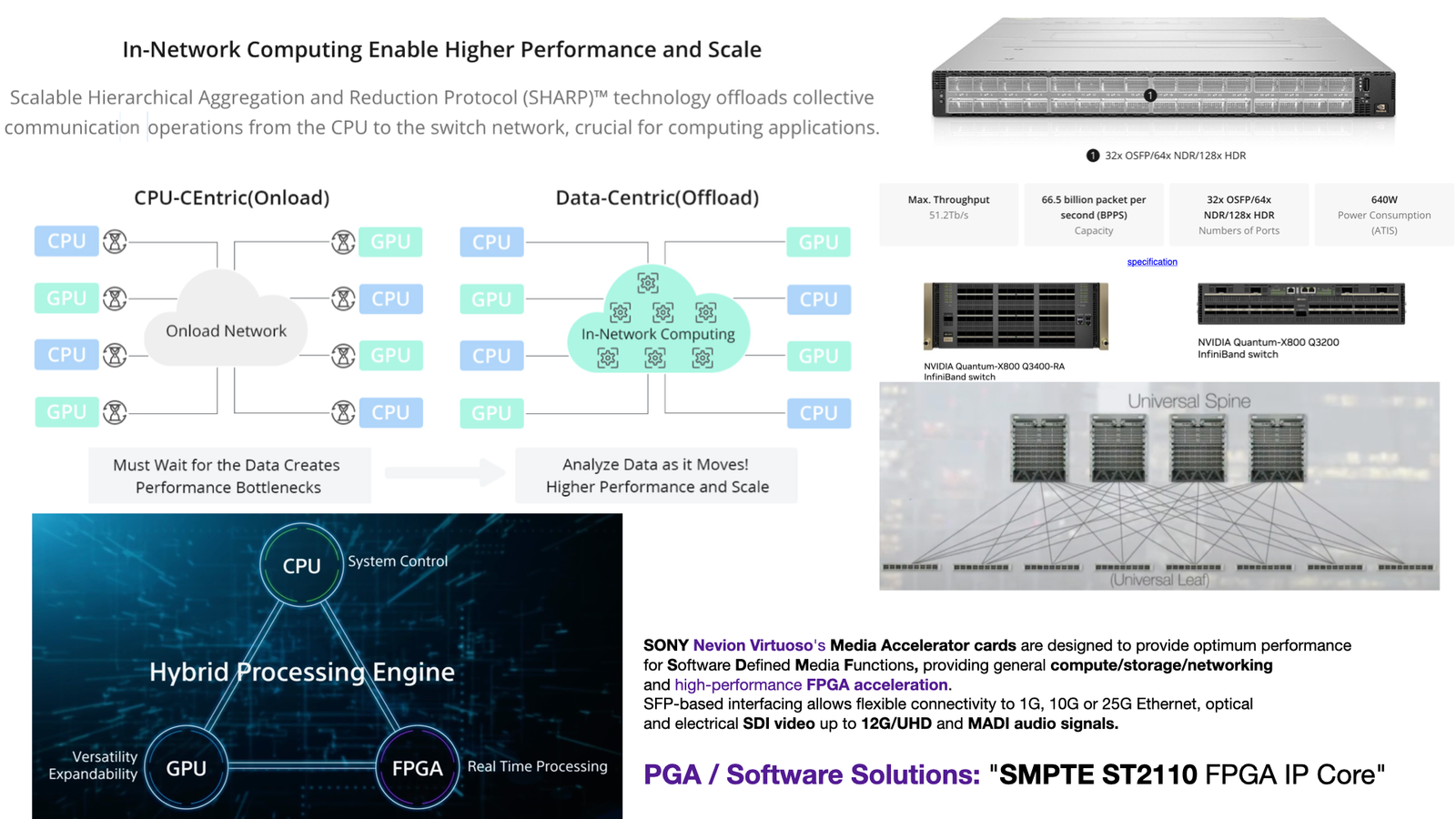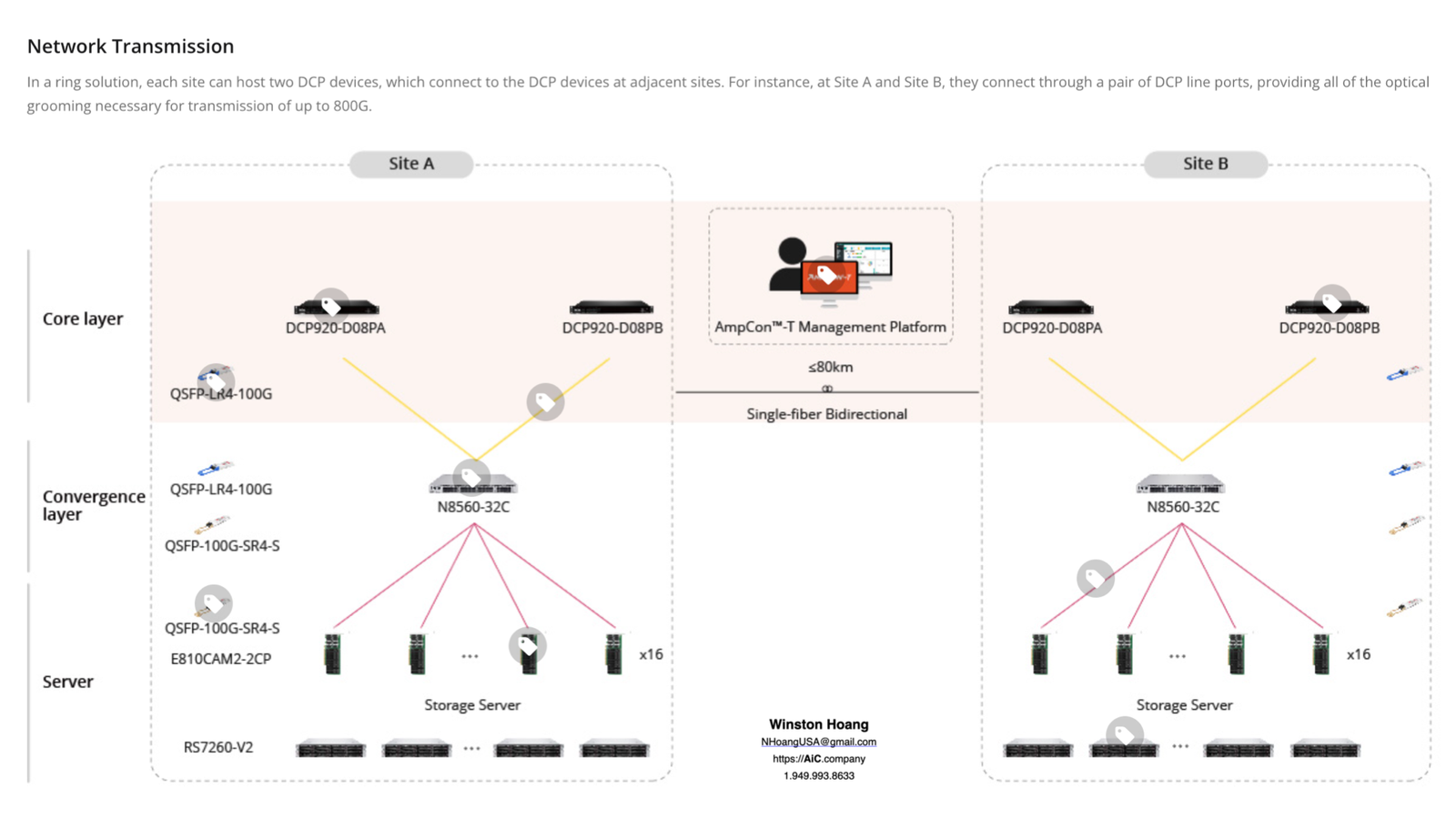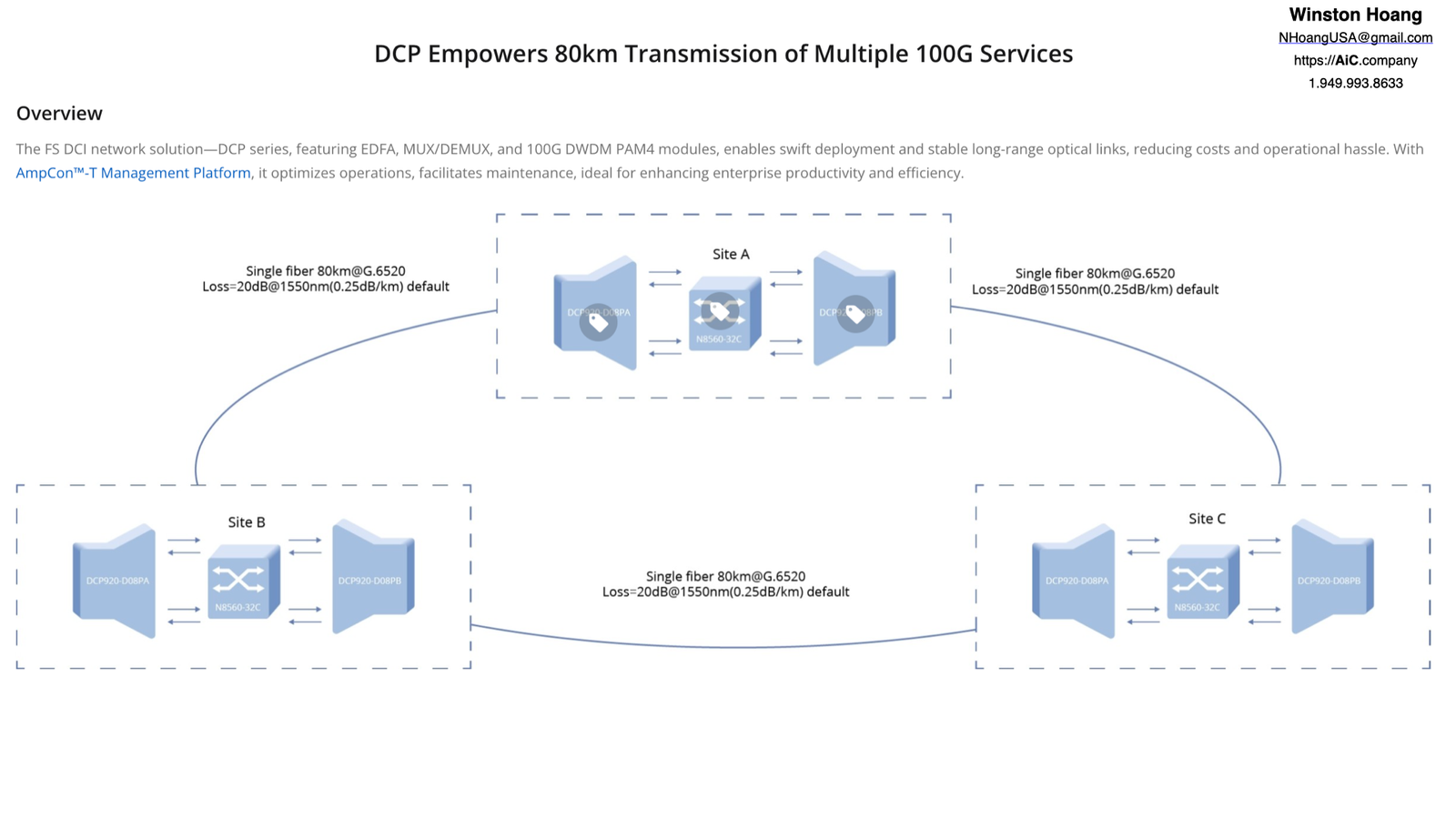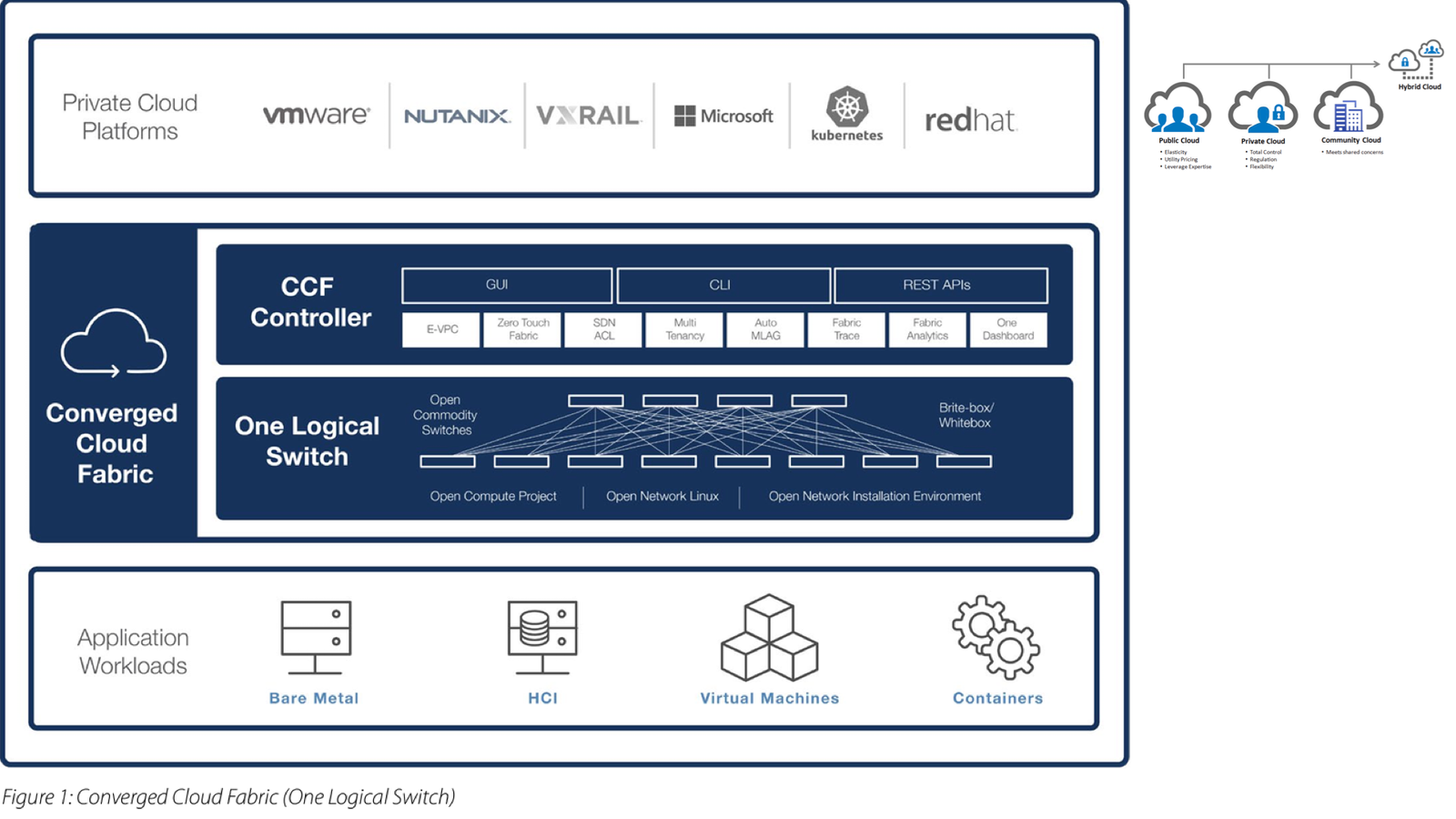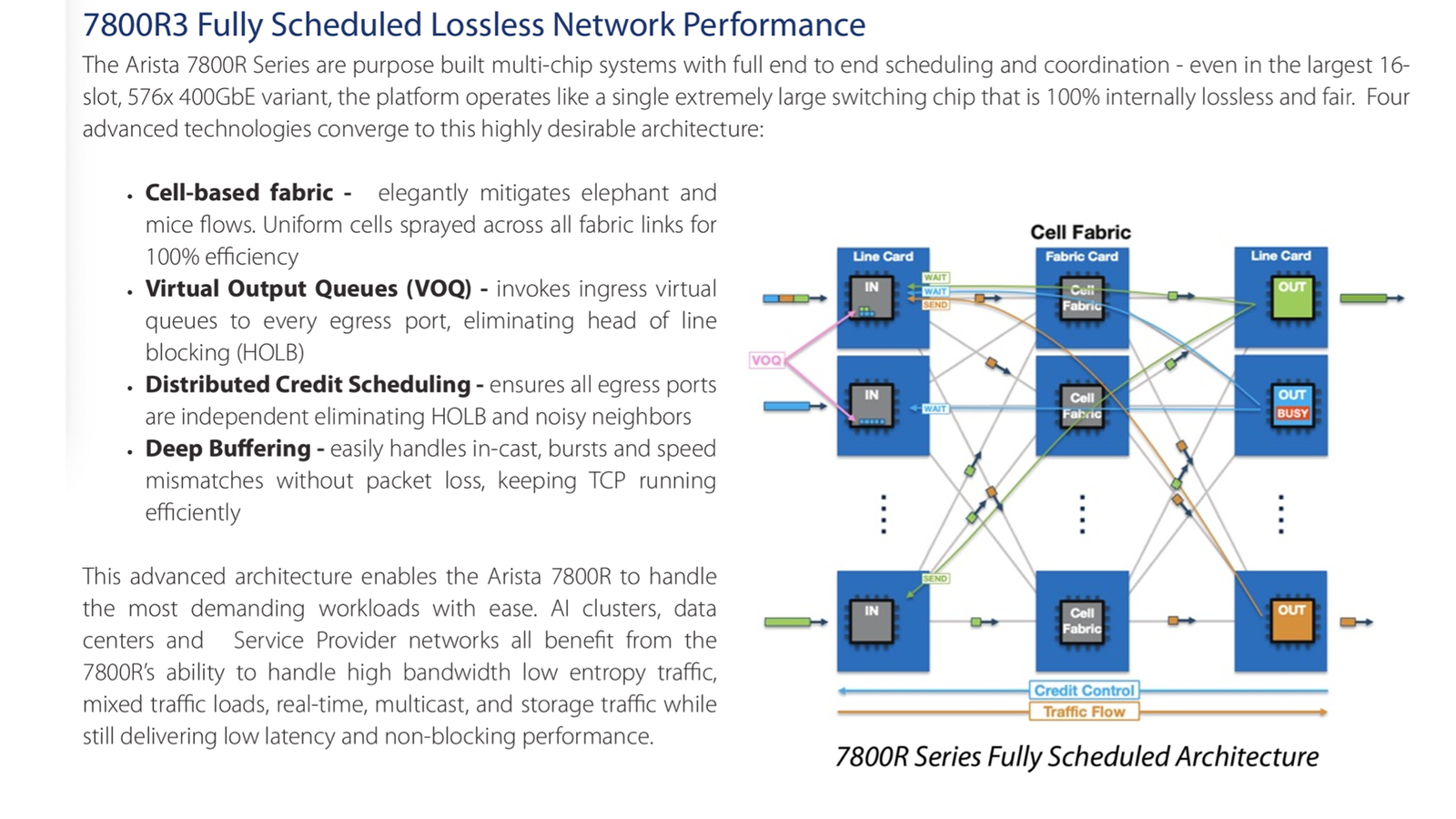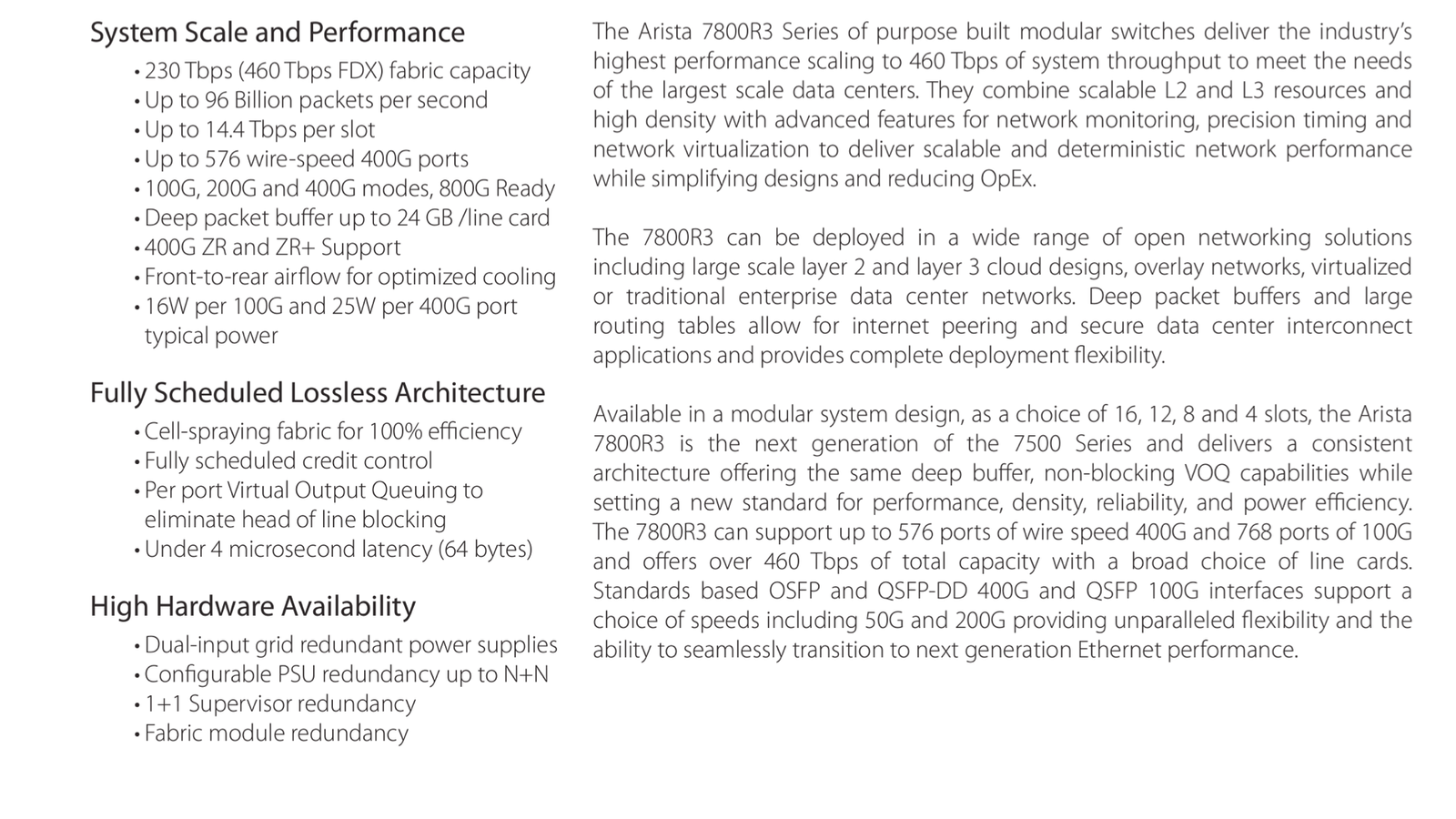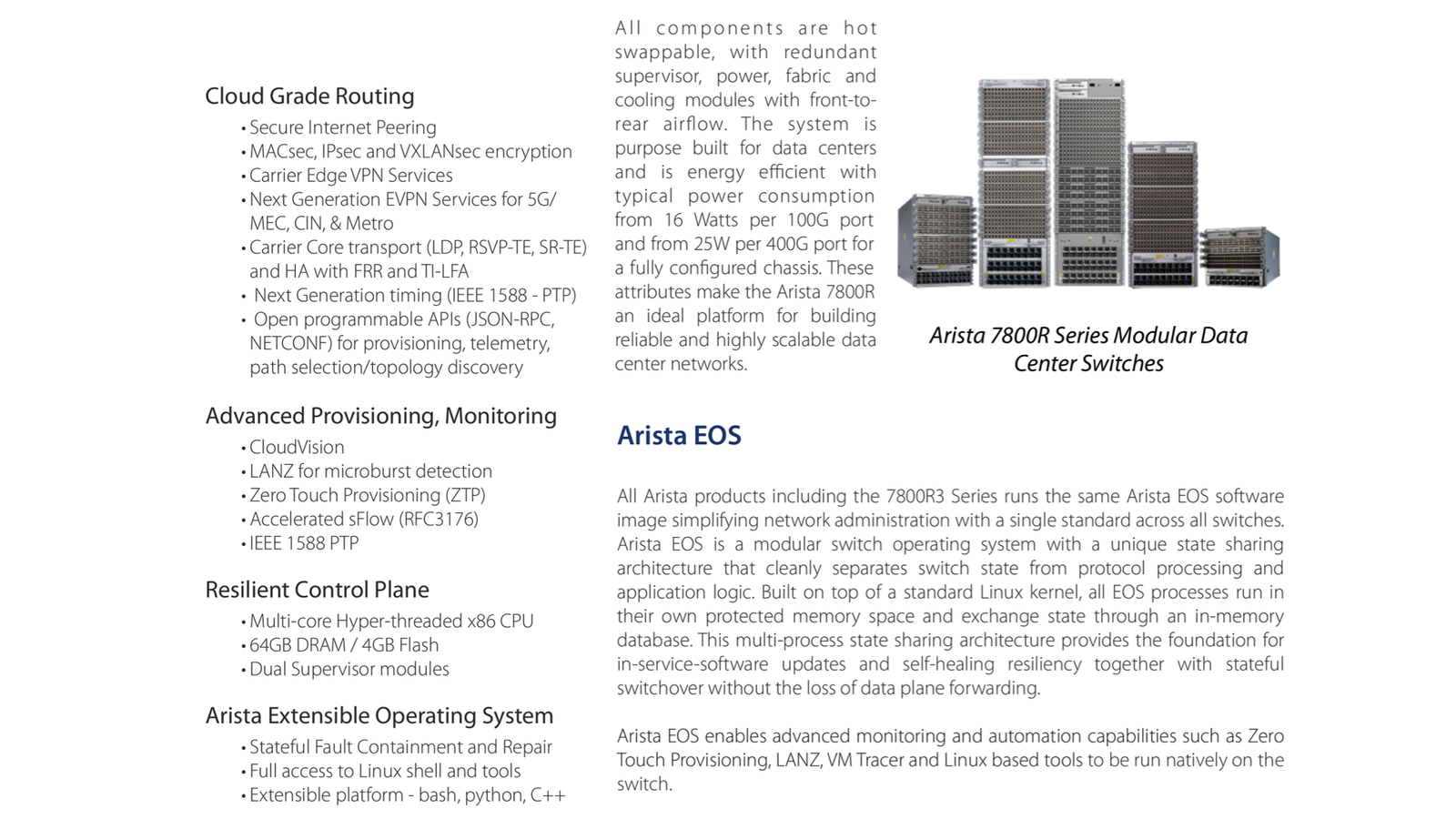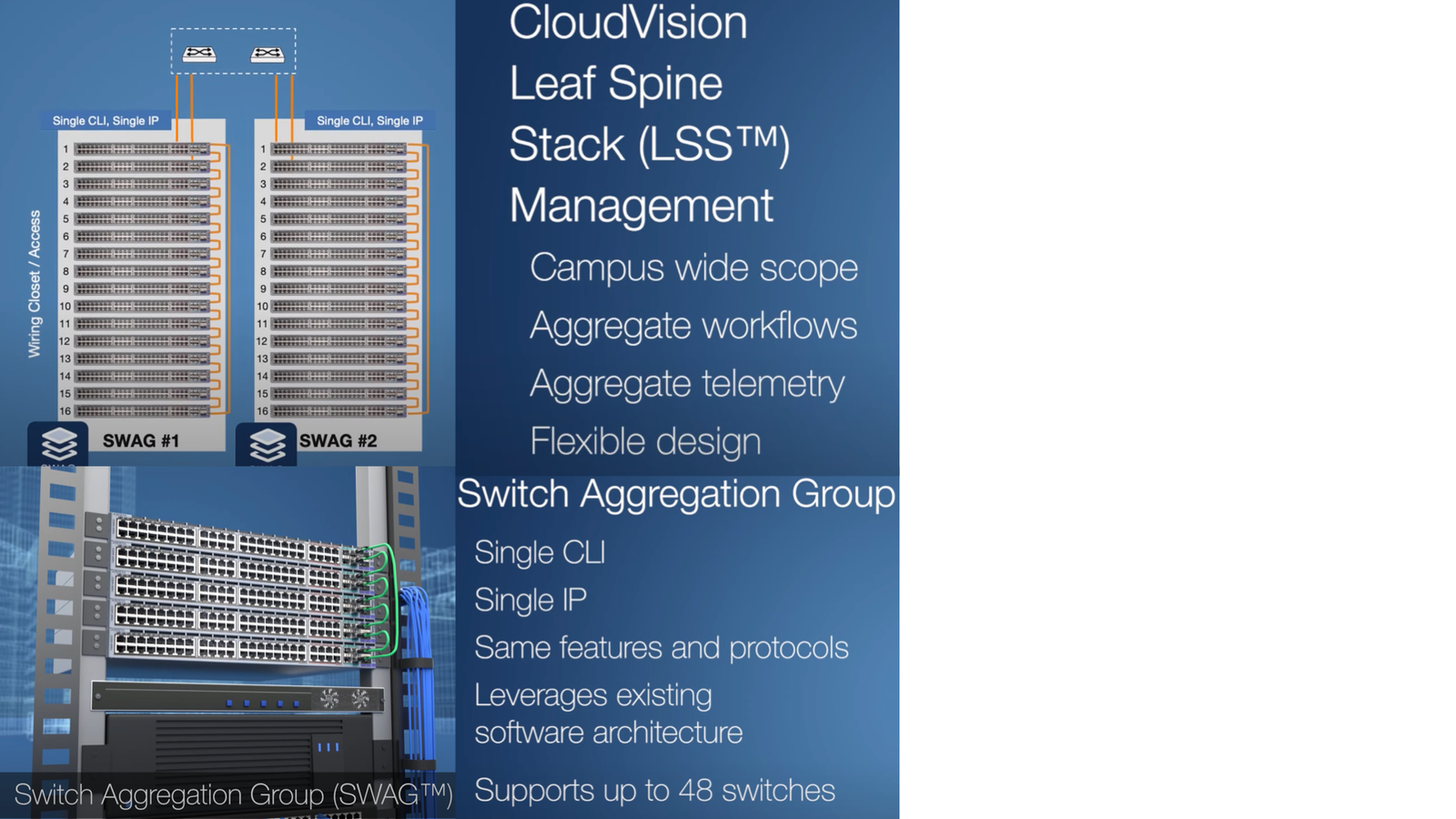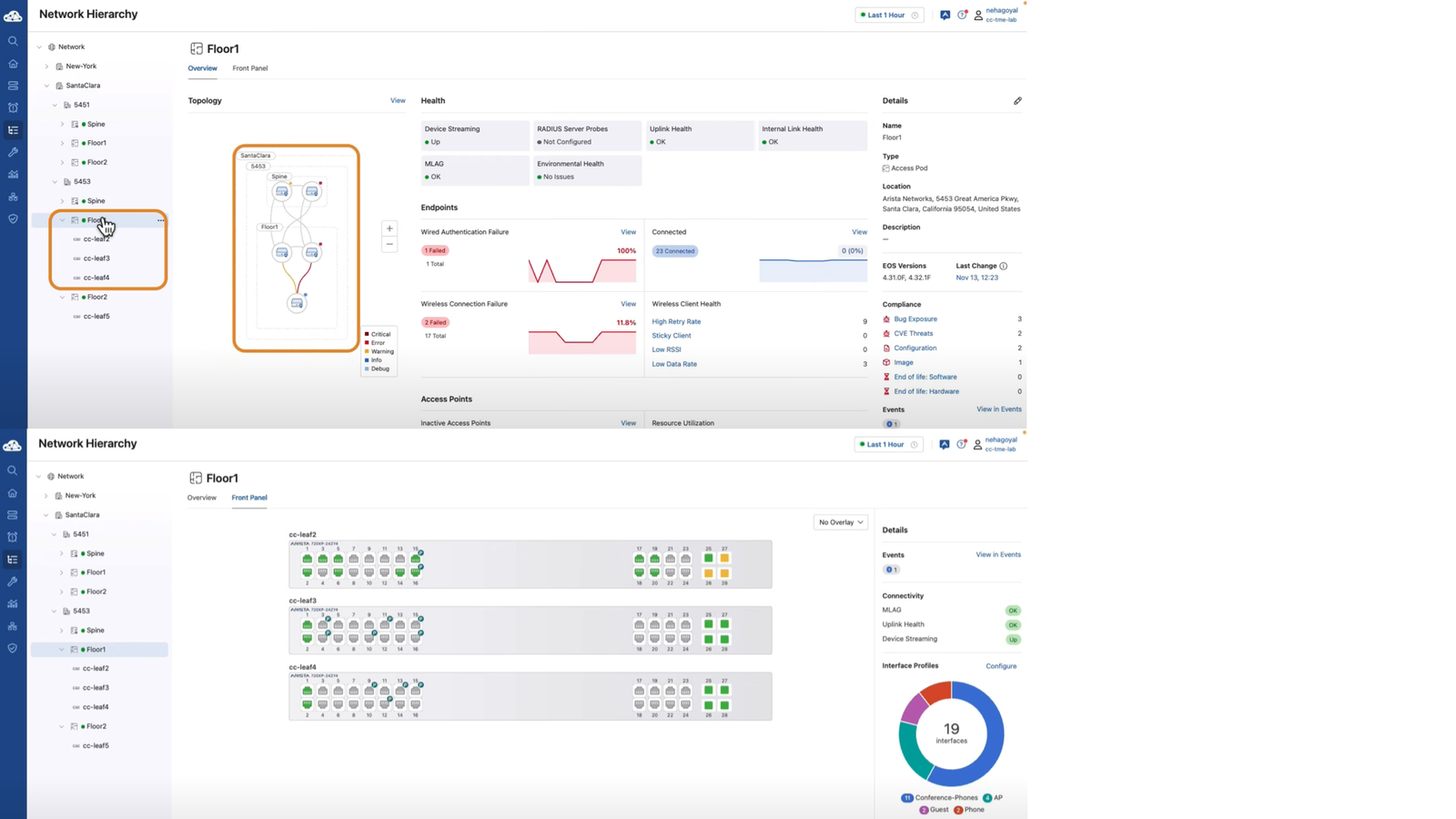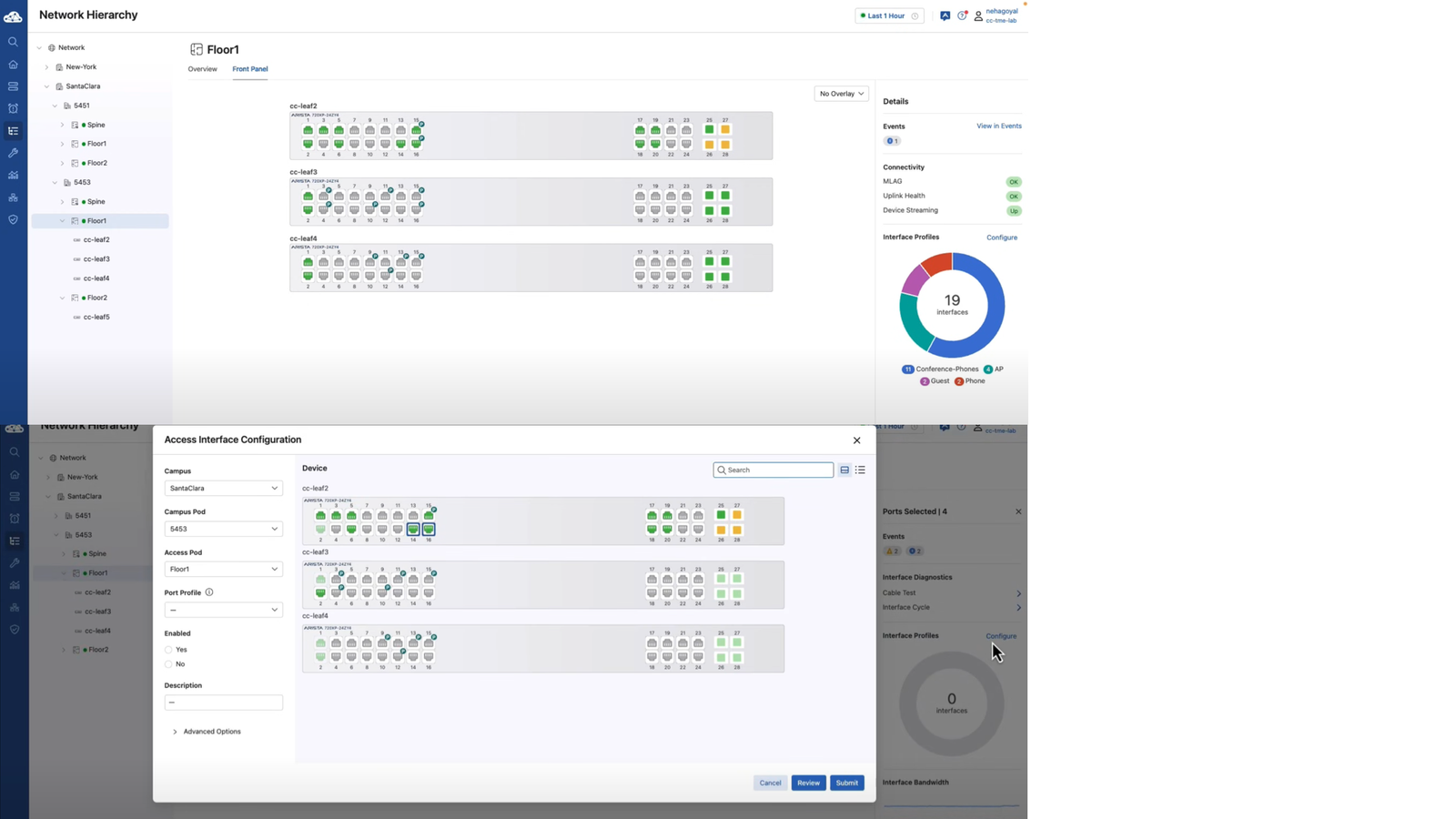Arista, Cisco, Nvidia (Mellanox), Sony (Nevion), Jupiner Networks
The Arista 7700R4 Distributed Etherlink Switch™ (DES) is an ultra-scalable, smart distributed system that builds on the foundations of the 7800R4 to deliver over 27,000 800GbE ports and Petabits per second of capacity combined with the perfect fairness and lossless packet delivery – imperative for supporting largest scale AI and ML applications built on any flavor of XPU.
The Ultra Ethernet ready DES is optimized to support the needs of all leading edge, large scale accelerated compute clusters which depend on a non-congested, non-blocking interconnect between accelerators for the efficient execution of thousands of simultaneous high bandwidth transactions. Congestion, packet loss and failure can dramatically reduce the efficiency of a workload or potentially lead to a stall in processing, all of which reduce the useful working time and return on investment (ROI) of high value compute farms.
The unique scalability and fully coordinated logical single-hop behavior is made possible by an automated and fully hardware accelerated architectural framework that implements massively parallel distributed end-to-end scheduling combined with deterministic traffic spraying across all available leaf-spine interfaces to deliver 100% efficient path utilization and equality to all traffic flows with no tuning required – critical attributes for supporting both single large workloads as well as mixed multi-tenant and multi-generational jobs in parallel.
Advanced Arista Etherlink® features for large scale accelerated compute clusters introduce workload visibility and telemetry along with advanced load balancing and congestion control optimized for RDMA workloads. Full support for DCQCN, PFC, ECN and Cluster Load Balancing, with forwards compatibility with Ultra Ethernet, is layered on top of the rich feature set provided by Arista’s EOS.
Modular 100/400G Spine Switches
The Arista 7800R3 Series is a family of high density Spine platforms with programmable support for over 2.5 million routes, unprecedented 400/100G and 25G density and flexible table sizes with a proven cloud-grade architecture. The Arista 7800R with up to 460Tbps of performance with embedded MACsec is an ideal platform for the highest capacity data center networks and universal spines addressing the needs of cloud, service providers and cable operators with internet scale routing and unprecedented reliability.
The Arista 7800R3 Series of purpose built modular switches deliver the industry’s highest performance scaling to 460 Tbps of system throughput to meet the needs of the largest scale data centers. They combine scalable L2 and L3 resources and high density with advanced features for network monitoring, precision timing and network virtualization to deliver scalable and deterministic network performance while simplifying designs and reducing OpEx. The 7800R3 can be deployed in a wide range of open networking solutions including large scale layer 2 and layer 3 cloud designs, overlay networks, virtualized or traditional enterprise data center networks. Deep packet buffers and large routing tables allow for internet peering and secure data center interconnect applications and provides complete deployment flexibility. Available in a modular system design, as a choice of 16, 12, 8 and 4 slots, the Arista 7800R3 is the next generation of the 7500 Series and delivers a consistent architecture offering the same deep buffer, non-blocking VOQ capabilities while setting a new standard for performance, density, reliability, and power efficiency. The 7800R3 can support up to 576 ports of wire speed 400G and 768 ports of 100G and offers over 460 Tbps of total capacity with a broad choice of line cards. Standards based OSFP and QSFP-DD 400G and QSFP 100G interfaces support a choice of speeds including 50G and 200G providing unparalleled flexibility and the ability to seamlessly transition to next generation Ethernet performance.
All Arista products including the 7800R3 Series runs the same Arista EOS software image simplifying network administration with a single standard across all switches. Arista EOS is a modular switch operating system with a unique state sharing architecture that cleanly separates switch state from protocol processing and application logic. Built on top of a standard Linux kernel, all EOS processes run in their own protected memory space and exchange state through an in-memory database. This multi-process state sharing architecture provides the foundation for in-service-software updates and self-healing resiliency together with stateful switchover without the loss of data plane forwarding. Arista EOS enables advanced monitoring and automation capabilities such as Zero Touch Provisioning, LANZ, VM Tracer and Linux based tools to be run natively on the switch.
Modular Spine Switches
The Arista 7500R Series is a revolutionary family of high density Spine platforms with programmable support for over 2 million routes, unprecedented 100G density and large table sizes with investment protection. The Arista 7500R is an ideal platform for high performance data center networks and universal spines with internet scale routing scalability.
Software Defined Cloud Networks Arista Software Defined Cloud Networking (SDCN), combines the principles that have made cloud computing the unstoppable force that it is: automation, self service provisioning, and linear scaling of both performance and economics coupled with the trend in Software Defined Networking that delivers: network virtualization, custom programmability, simplified architectures, and lower capital expenditure. This combination creates a best-in-class software foundation for maximizing the value of the network to both the enterprise and service provider data center. A new architecture for the most mission-critical location within the IT infrastructure that simplifies management and provisioning, speeds up service delivery, lowers costs and creates opportunities for competitive differentiation, while putting control and visibility back in the hands of the network and systems administrators.
The Four Pillars of Arista’s Software Defined Cloud Networking (SDCN):
• Universal Cloud Network
• Scalable standards-based MLAG at Layer 2, ECMP for Layer 3 and EVPN for network virtualization flexibility
• Non blocking leaf-spine architecture for 50K-2M hosts Cloudy Control
Standards based EOS with AEM, ZTP/ZTR, LANZ and DANZ
Automated Monitoring for visibility and telemetry Network Wide Virtualization
Multi-vendor API Support with eAPI
Support for VMWare and NSX with VXLAN and VMTracer
Support for Open stack OVSDB Network Applications and Automated Management
Single point of network-wide state with Arista CloudVision
Networked applications for workload mobility, smart systems rollback and upgrades and workflow telemetry
Open Partner integration Scaling Data Center High Performance Interconnects The Arista 7800R Series deliver non-blocking switching capacity that enables dramatically faster and simpler network designs for data centers and lower both capital and operational expenses. A wide range of modular systems with a single consistent EOS allows for flexible selections at all tiers of the network and deployment scenarios including layer 2 MLAG, layer 3 ECMP, VXLAN Overlay and Internet Peering. Arista’s Multi-Chassis Link Aggregation (MLAG) technology supports a leaf and spine active/active L2 network topology. An Equal Cost Multi-Path (ECMP) design at Layer 3 scales the network in a fully non-blocking, low-latency, two-stage network that provides predictable and consistent application performance. The flexibility of the L2 and L3 multi-path design options combined with support for open standards provides maximum flexibility, scalability and network wide virtualization that scales to hundreds of thousands of hosts in a simple two-tier design. Both designs support overlay networks via EVPN/VXLAN and can integrate with standards-based overlay controller solutions. The 7800R Series includes Arista’s FlexRoute technology which provides the flexible resource allocation and scalability to support Internet scale routing. Arista FlexRoute along with EOS NetDB enables innovation not natively available in merchant chipsets. Arista EOS provides operational savings through visibility, automation and improved network operations. Cloud Grade Routing The 7800R3 series are key components of Arista’s portfolio of Cloud Grade Routing platforms that encompasses a wide choice of fixed and modular systems. Combining Arista EOS’s proven and feature rich Service Provider functionality, telemetry and open programmability with industry leading scale, density and power efficiency, the R3 series systems are designed for versatile deployment in a wide variety of open networking environments. Next generation multi-service environments require flexibility, security and open programmability to leverage the power efficiency and proven scale of cloud networks. The R3 Series routing solutions include large scale layer 2, layer 3 and EVPN based telco and cloud data center designs, low latency MEC overlay fabrics, Data Center Interconnect (DCI) with long haul optics, provider edge networks with scaleable L2 and L3 VPN services, high density 100G/400G traffic engineered MPLS and SR-TE cores, 5G infrastructure and metro aggregation for the backhaul of E-LINE services.
Enhanced Features for High Performance Cloud Networks The Arista 7800R delivers a suite of advanced traffic control and monitoring features to improve the agility of modern high performance environments, with solutions for automation, data monitoring, precise timing and next-generation virtualization. Automating the data center enables customers to dynamically provision computing resources in the most efficient manner while also meeting business needs by maintaining service level agreements (SLAs). Arista EOS automates complex IT workflows and simplifies network operations while reducing or even eliminating downtime. Arista EOS rich automation capabilities not only reduce the human error element in network operations but also enable IT operators to make the network work the way they want. Arista offers solutions for a variety of approaches to cloud-like network automation. Addressing the needs of the largest public cloud environments as well as applying those lessons learned in the turnkey CloudVision automation offering.
Juniper Networks offers a range of high-performance switches suitable for Wide Area Network (WAN) deployments, designed to provide reliability, scalability, and efficiency.
Key options include:
QFX Series Switches: These switches deliver industry-leading throughput and scalability, featuring a comprehensive routing stack and open programmability with Junos OS. They support advanced technologies like EVPN-VXLAN and IP fabric capabilities, making them ideal for data center spine and leaf configurations, campus distribution and core, as well as data center gateway and interconnect applications.
In Juniper Networks, Campus Fabric IP Clos refers to a highly scalable and flexible network architecture designed for modern campus environments.
Key Concepts:
Clos Topology: This is a multi-stage interconnection network that provides high bandwidth and fault tolerance.
Provides efficient traffic flow and minimizes congestion.
Offers multiple paths for redundancy and fault tolerance.
IP Clos: This signifies that the network utilizes IP-based protocols for inter-switch communication, such as EVPN-VXLAN:
Creates virtual overlay networks on top of the underlying IP infrastructure.
Enables seamless Layer 2 connectivity across different physical locations.
EVPN (Ethernet Virtual Private Network): A routing protocol that extends Layer 2 connectivity over Layer 3 networks.
VXLAN (Virtual Extensible LAN): A technology that encapsulates Layer 2 frames within UDP packets for transmission over IP networks.
In a Campus Fabric IP Clos, it typically involves three layers:
Access Layer: Switches that connect end-user devices (like workstations, laptops, and IoT devices).
Distribution Layer: Switches that connect the Access Layer to the Core Layer.
Core Layer: Switches that provide high-speed connectivity between Distribution Layer switches.
Benefits of Campus Fabric IP Clos:
Scalability: Easily accommodate growth in the number of devices and users.
Flexibility: Supports various deployment scenarios, including data centers, multi-building campuses, and hybrid cloud environments.
High Availability: Redundant paths and fault tolerance mechanisms minimize downtime.
Simplified Management: Centralized management and automation capabilities reduce operational overhead.
Enhanced Security: Micro-segmentation and policy-based controls enhance security posture.
Juniper’s Role:
Juniper provides the necessary hardware (switches) and software (Junos OS) to implement and manage the Campus Fabric IP Clos architecture.
Their products are designed to seamlessly integrate with EVPN-VXLAN and other key technologies.
Juniper’s Campus Fabric IP Clos offers a modern, scalable, and resilient networking solution for today’s demanding campus environments. It leverages advanced technologies like EVPN-VXLAN and a Clos topology to deliver high performance, enhanced security, and simplified management.
EX Series Switches: Designed for enterprise branch, campus, and data center networks, EX Series switches are cloud-ready and offer high-performance access and distribution/core-layer functionalities. They simplify wired access networks, reducing risk and cost without compromising performance or quality. Management is streamlined through the Juniper Mist Cloud, facilitating easy onboarding, configuration, and operation of campus fabrics at scale.
For WAN environments, Juniper’s switches can be integrated with their AI-driven SD-WAN solutions, enhancing application performance and automating operations. The SD-Branch offering combines SD-WAN, switching, Wi-Fi, and security, all managed via the Juniper Mist Cloud. This integration accelerates application performance and simplifies branch-office communications.
In summary, Juniper Networks’ switches, particularly the QFX and EX Series, provide robust options for WAN deployments, offering high performance, scalability, and seamless integration with advanced WAN solutions.
What EVPN-VXLAN technology, solutions, or products does Juniper offer?
Juniper’s Campus Fabric solution decouples the overlay network from the underlay with EVPN-VXLAN technology. EVPN-VXLAN addresses the needs of the modern enterprise network by allowing network administrators to create logical Layer 2 networks across a Layer 3 network.
Juniper supports various EVPN-VXLAN based campus fabric architectures, including:
EVPN multihoming: on collapsed core or distribution
Campus fabric: core distribution
Campus fabric: IP Clos
An IP Clos EVPN-VXLAN architecture lets you manage your campus and data center as a single IP fabric, with Over-The-Top (OTT) policy and control provided by Juniper. Any number of switches can be connected in a Clos network or IP fabric, with an EVPN control plane used to extend the overlay between enterprise locations, while VXLAN tunnels are used to stretch Layer 2 between the network endpoints. An IP Clos network between the distribution and the core layers can operate in two modes: 1) the Centrally-Routed Bridging (CRB) or 2) Edge-Routed Bridging (ERB) overlay modes.
For more information, please visit our Campus Design Center webpage.
Aside from EVPN-VXLAN based architectures, Juniper also supports virtual chassis technology, allowing up to 10 interconnected switches to operate as a single, logical device with a single management IP address. Highly desirable in a campus/branch architecture, virtual chassis technology enables enterprises to separate their physical topology from their logical groupings of endpoints, ensuring efficient resource utilization.

